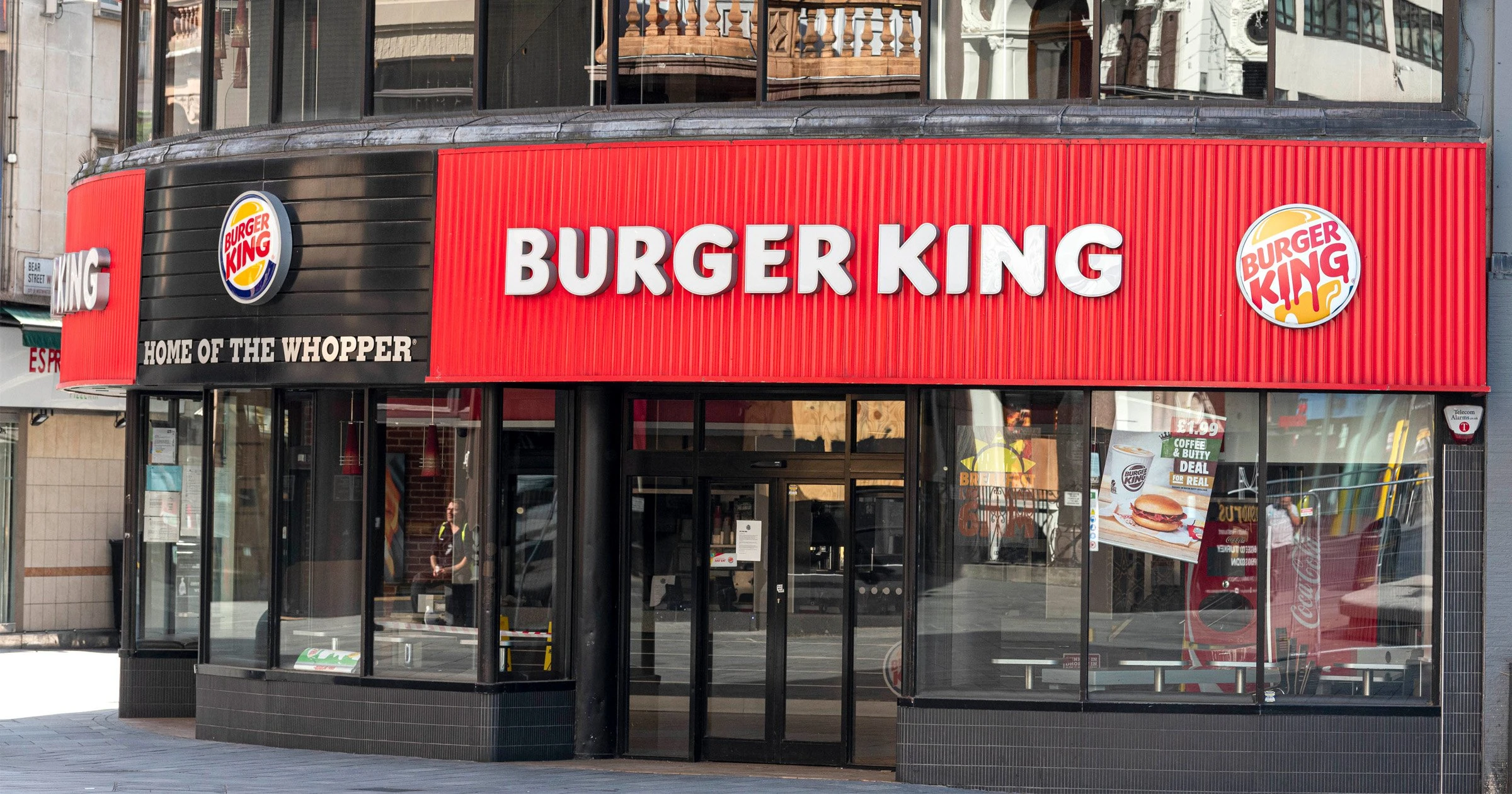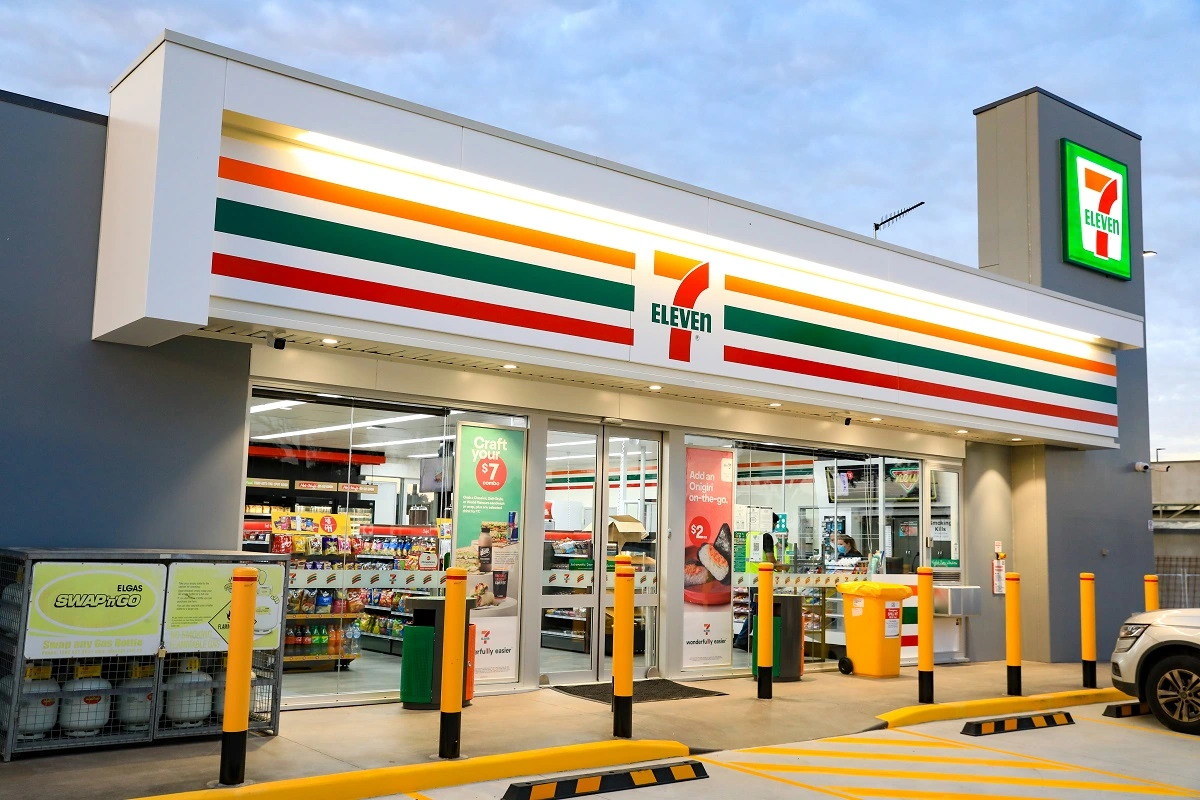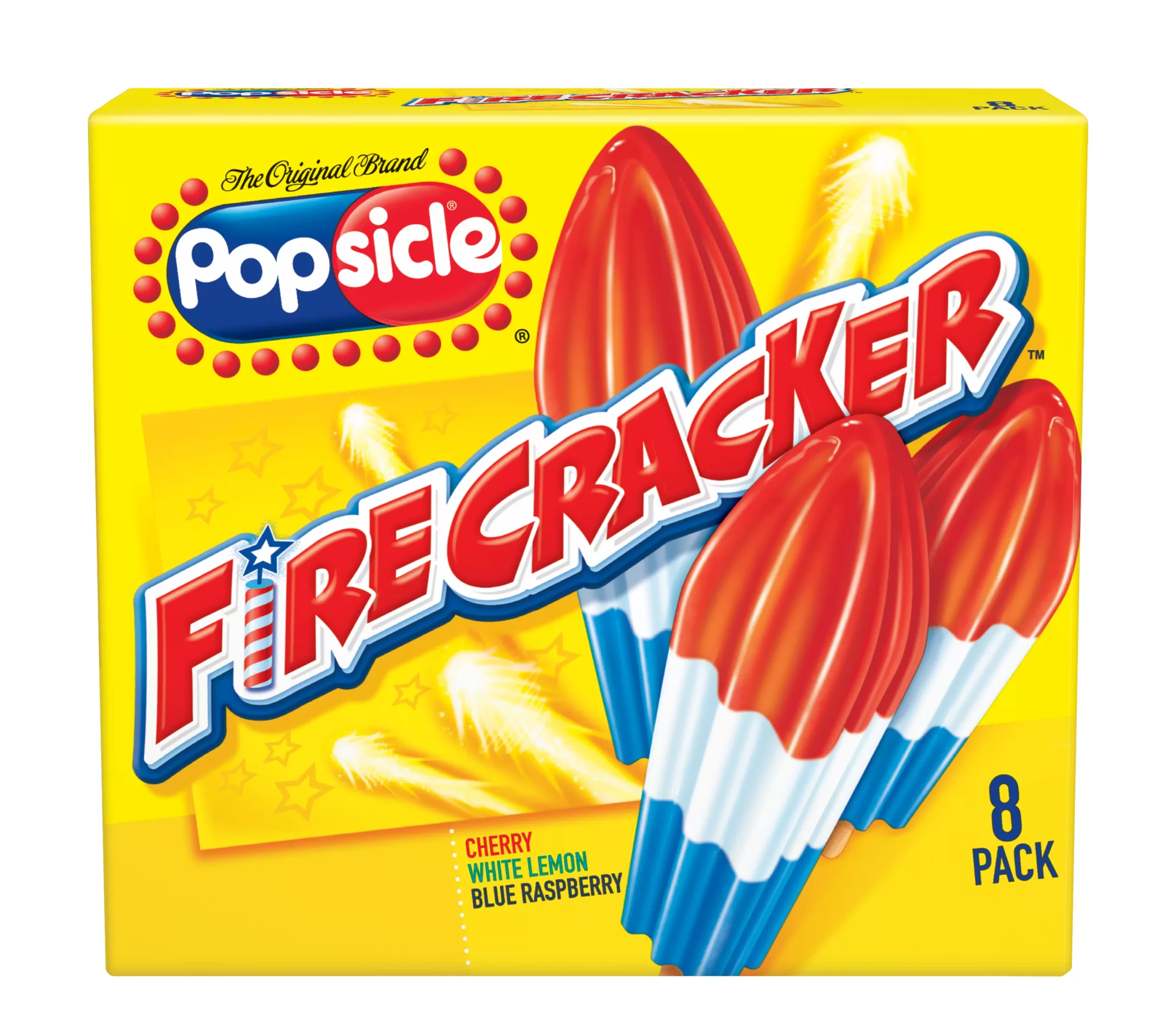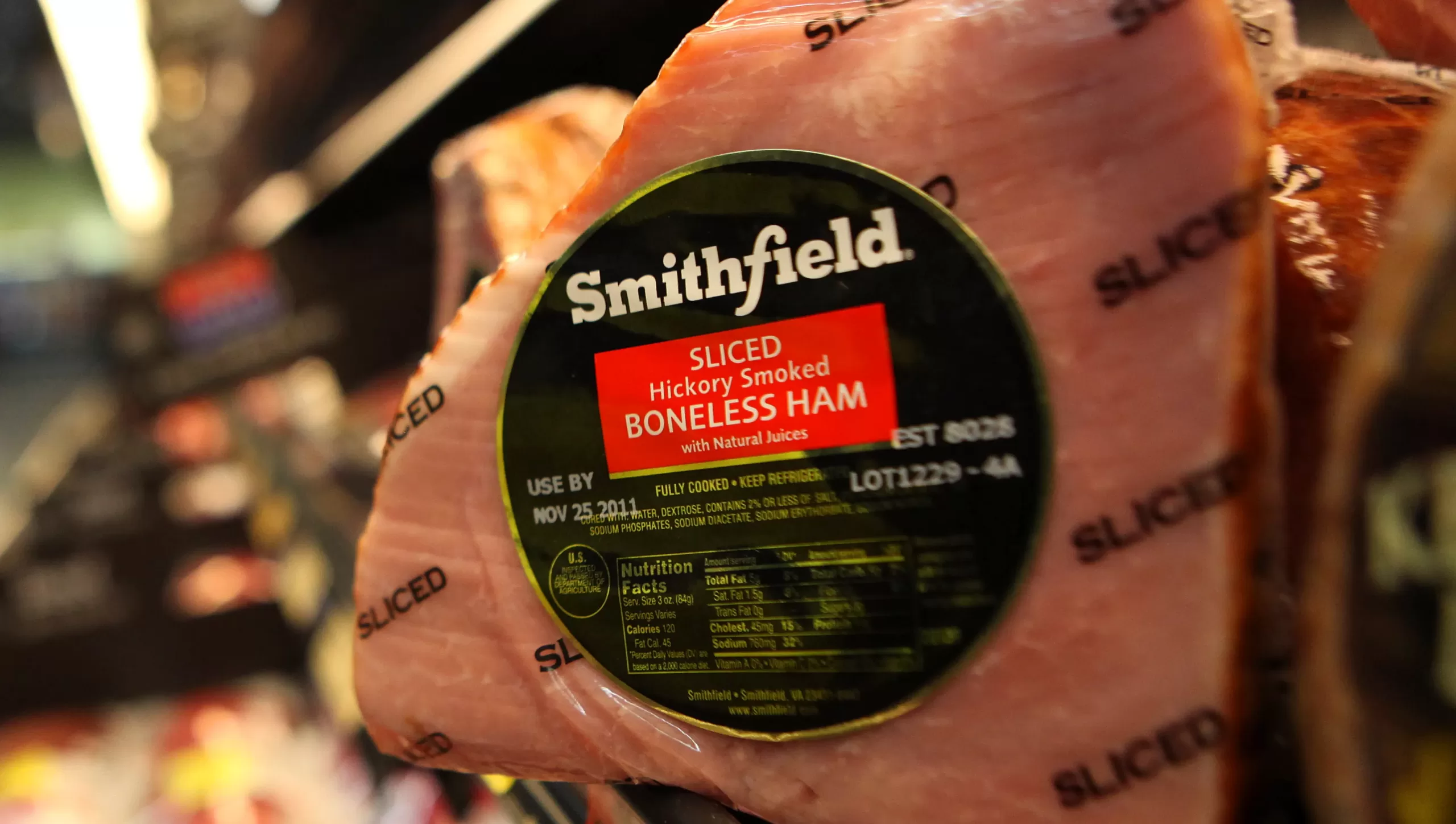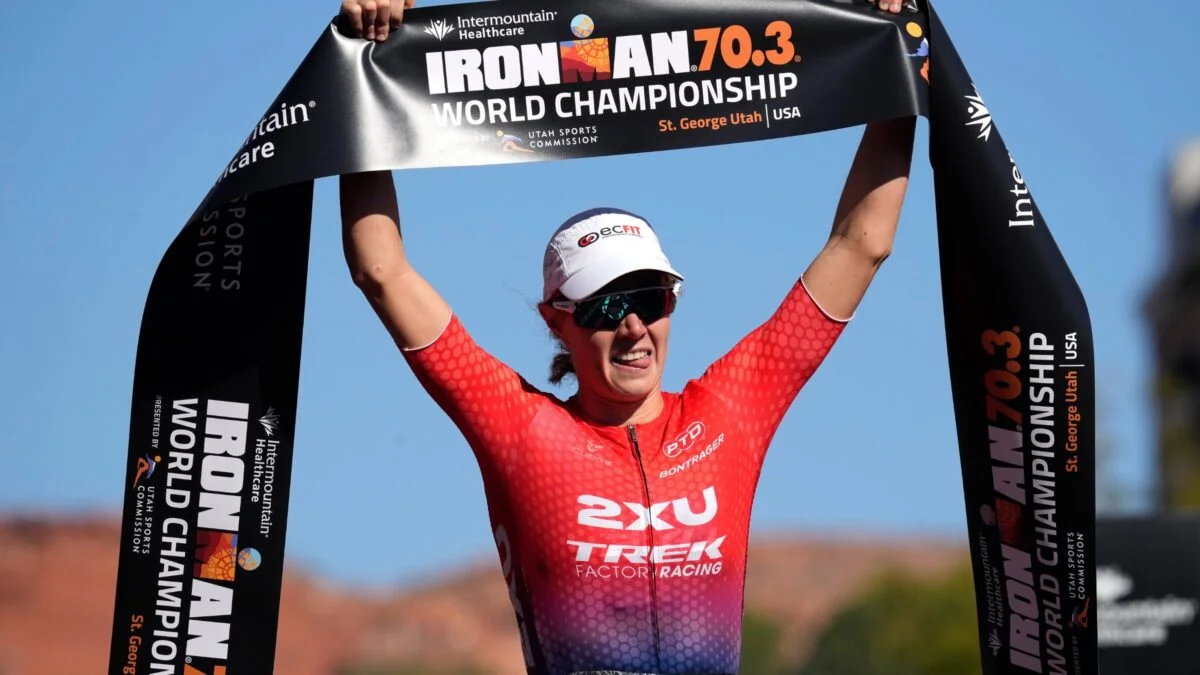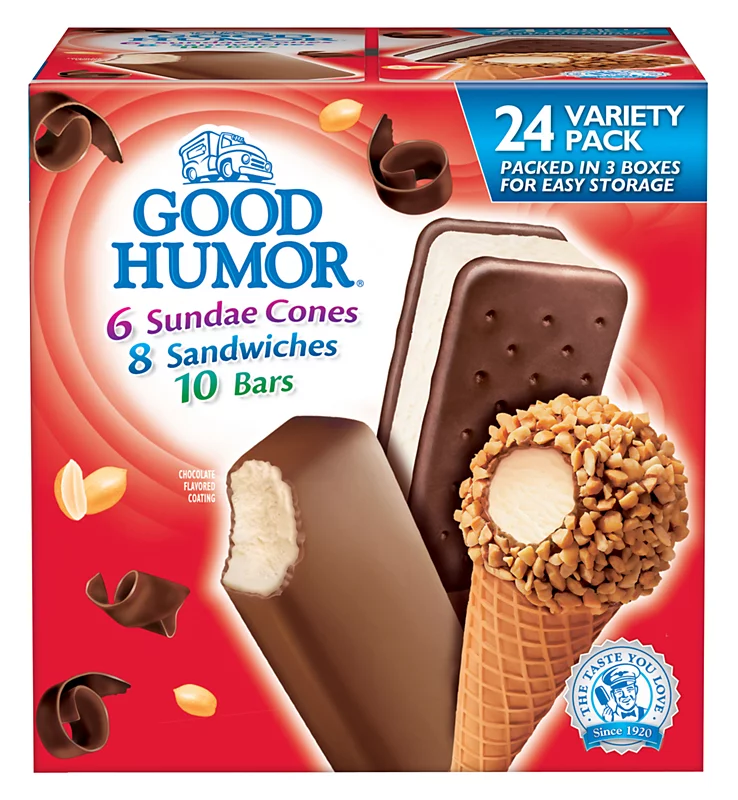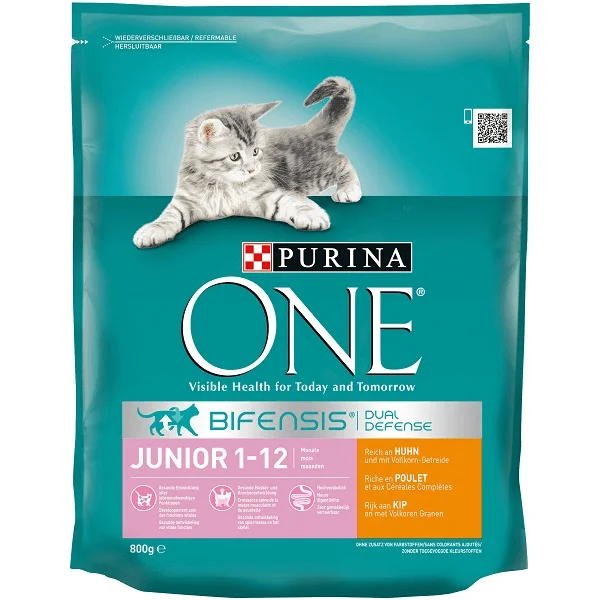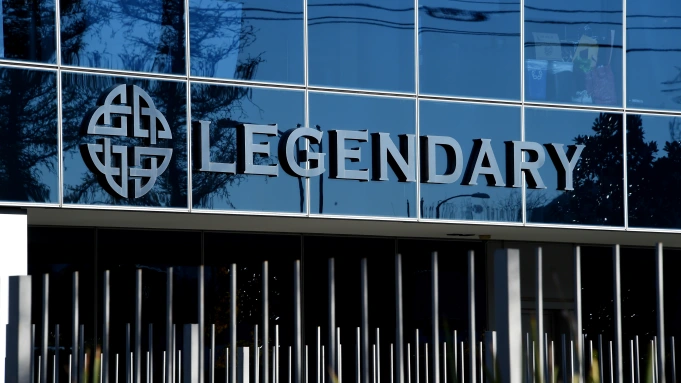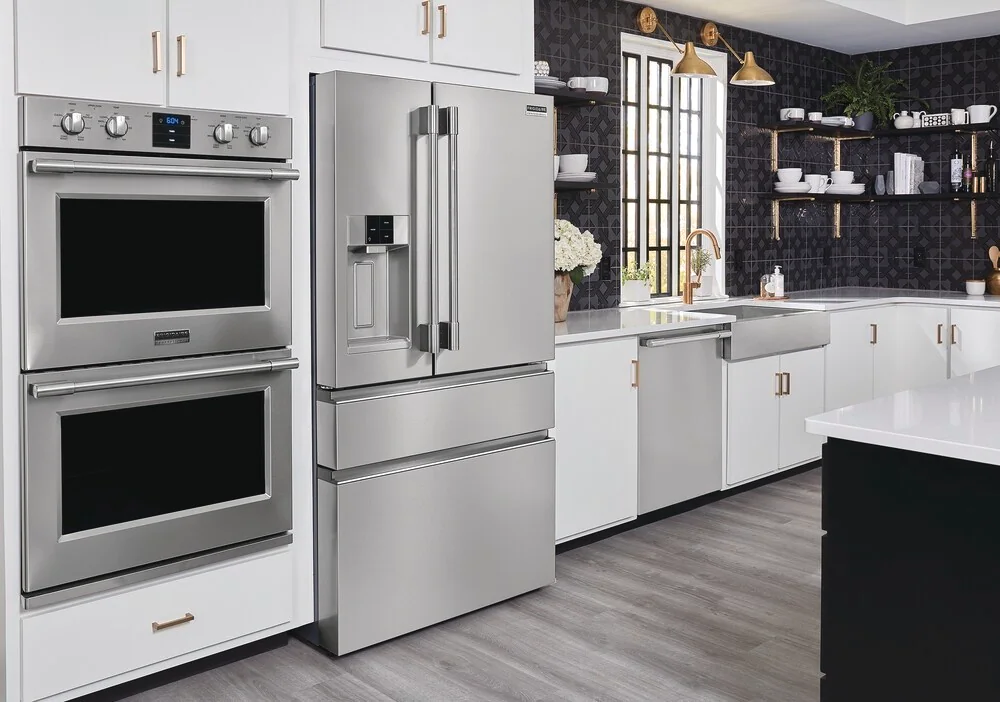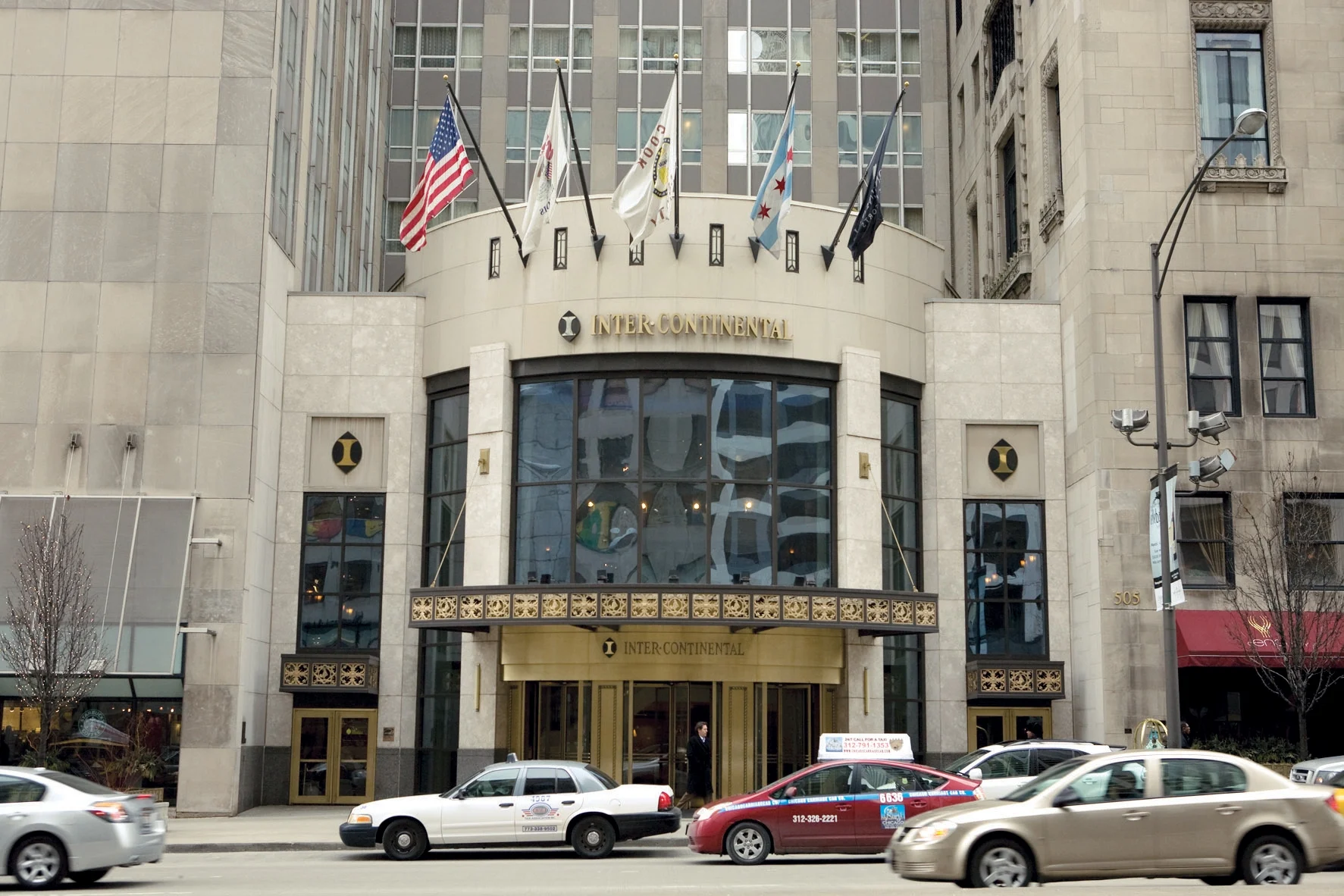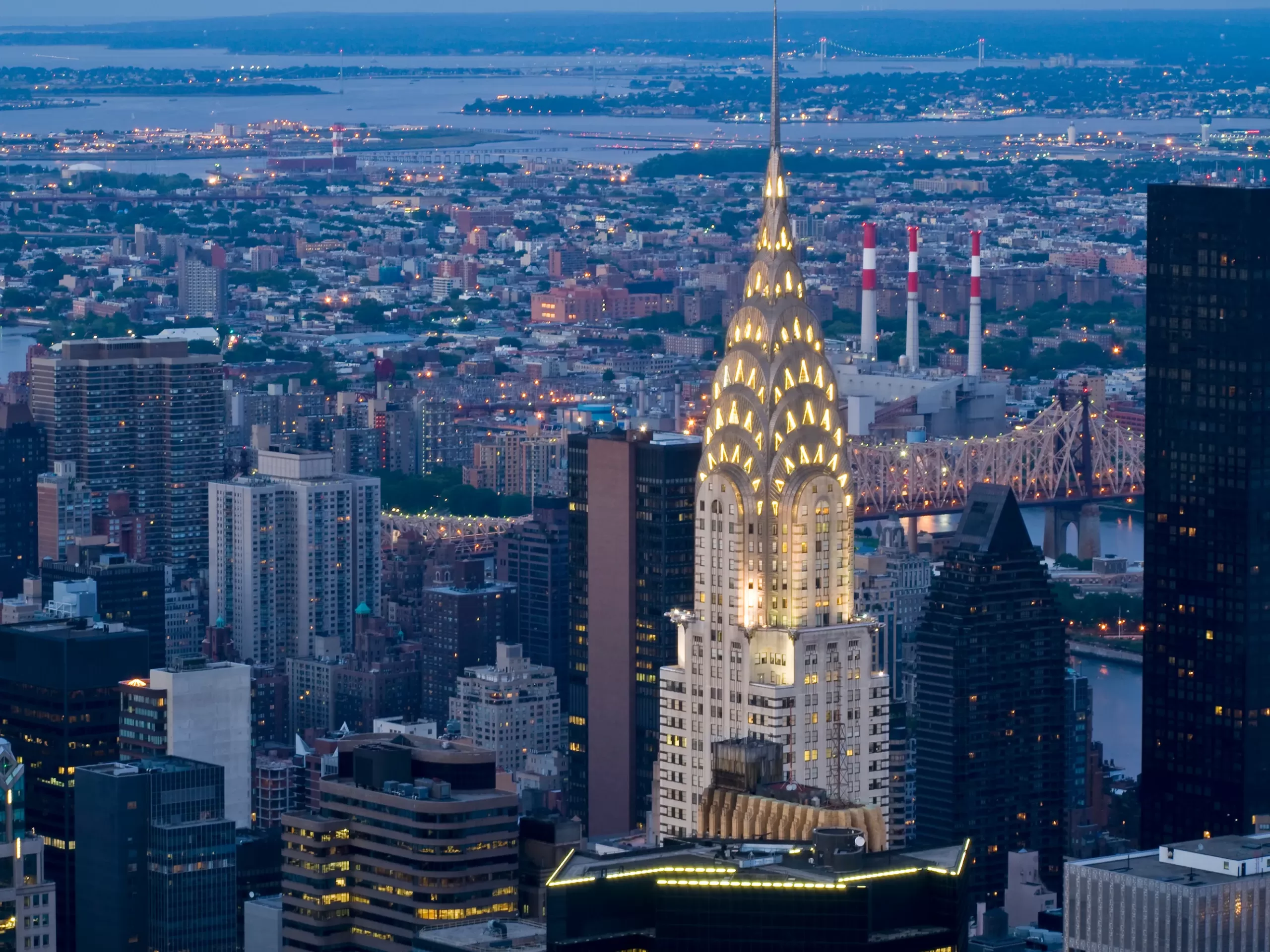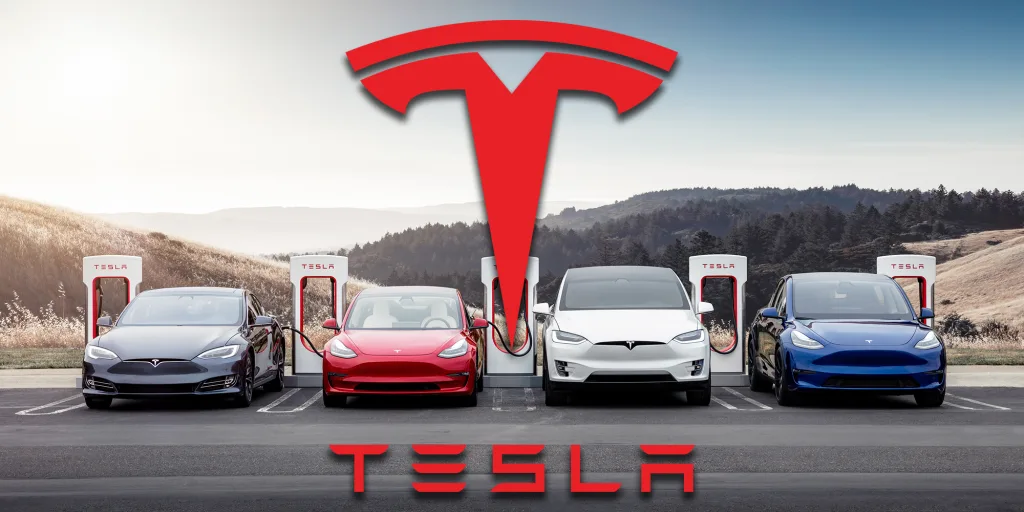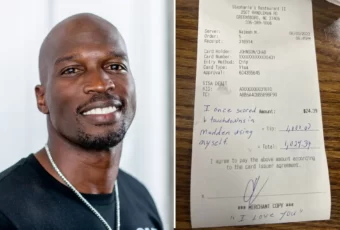Ben & Jerry’s
In 2000, beloved Vermont-founded ice cream company Ben & Jerry’s announced that it was purchased by London-based Unilever. The company was bought by the conglomerate for $326 million, after it won the bidding war against two other companies that were interested in the ice cream company.
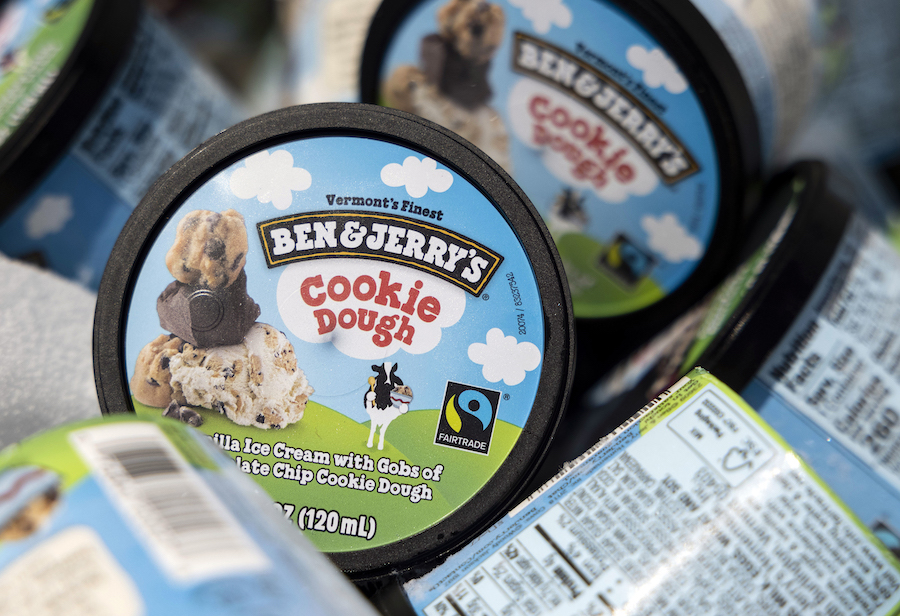
Ben & Jerry’s
Burger King
Originally headquartered in Miami, the fast food giant Burger King was acquired by Canadian company Restaurant Brands International in the year 2020. Burger King then merged with another Canadian giant, Tim Horton’s, although it still does receive funding from 3G Capital, a New York City investment firm.
Sunglass Hut
Sunglass Hut was founded in Miami by optometrist Sanford Ziff. By 1986, Sunglass Hut had reached 100 stores. In 2001, the company was acquired by Italian Luxottica Group, who paid $653 million for the it. Back then, there were 1300 stores, and now the brand has expanded to nearly 2000 stores worldwide, with 81 of them being in the United States.
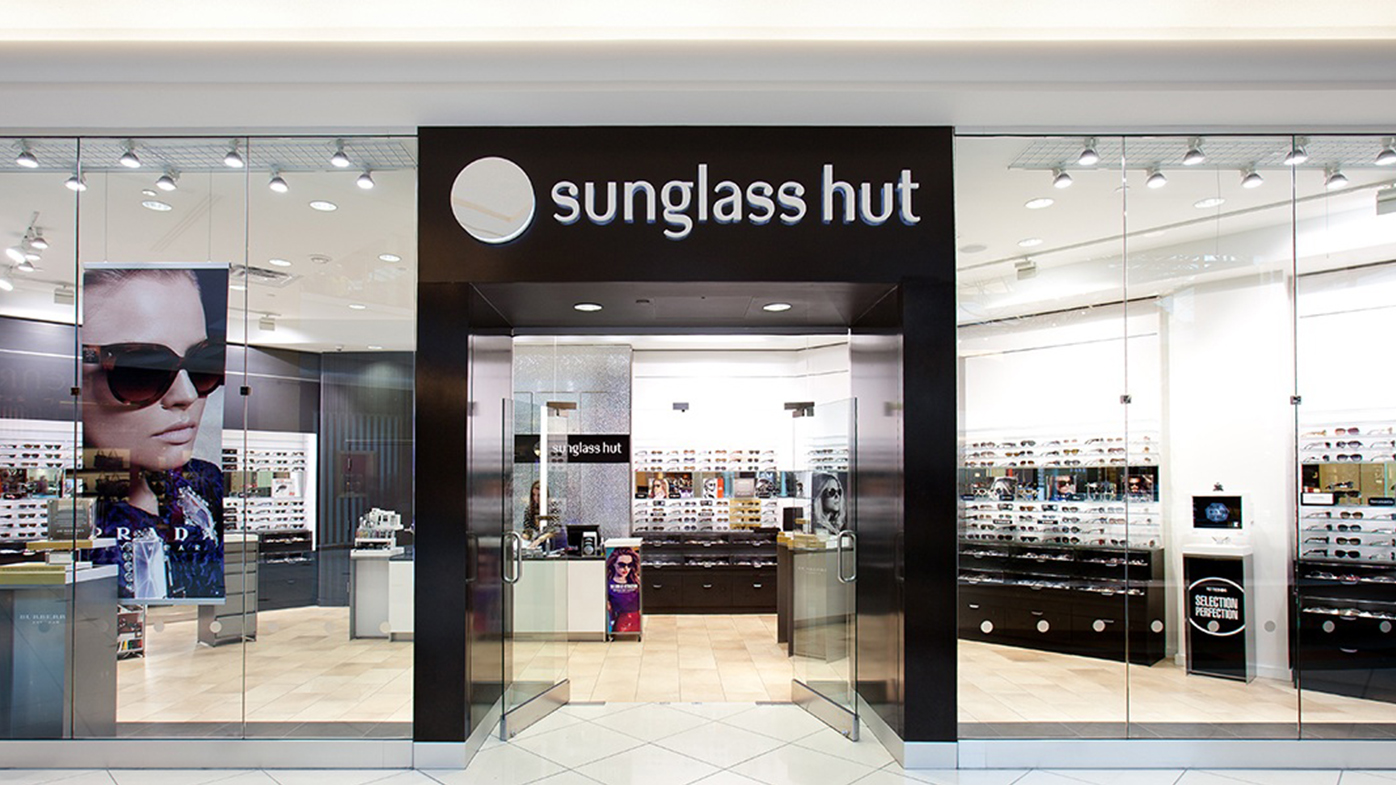
Sunglass Hut
Trader Joe’s
Trader Joe’s was founded by Joe Coulombe in 1967 in Monrovia, California. These days, it is has become one of the most popular markets to shop at all around the U.S. However, Trader Joe’s is now owned by German owner Theo Albrecht, who is also the owner of Aldi Nord, another massive supermarket chain you might know as Aldi. Albrecht’s net worth is now at $16 billion thanks to these chains.
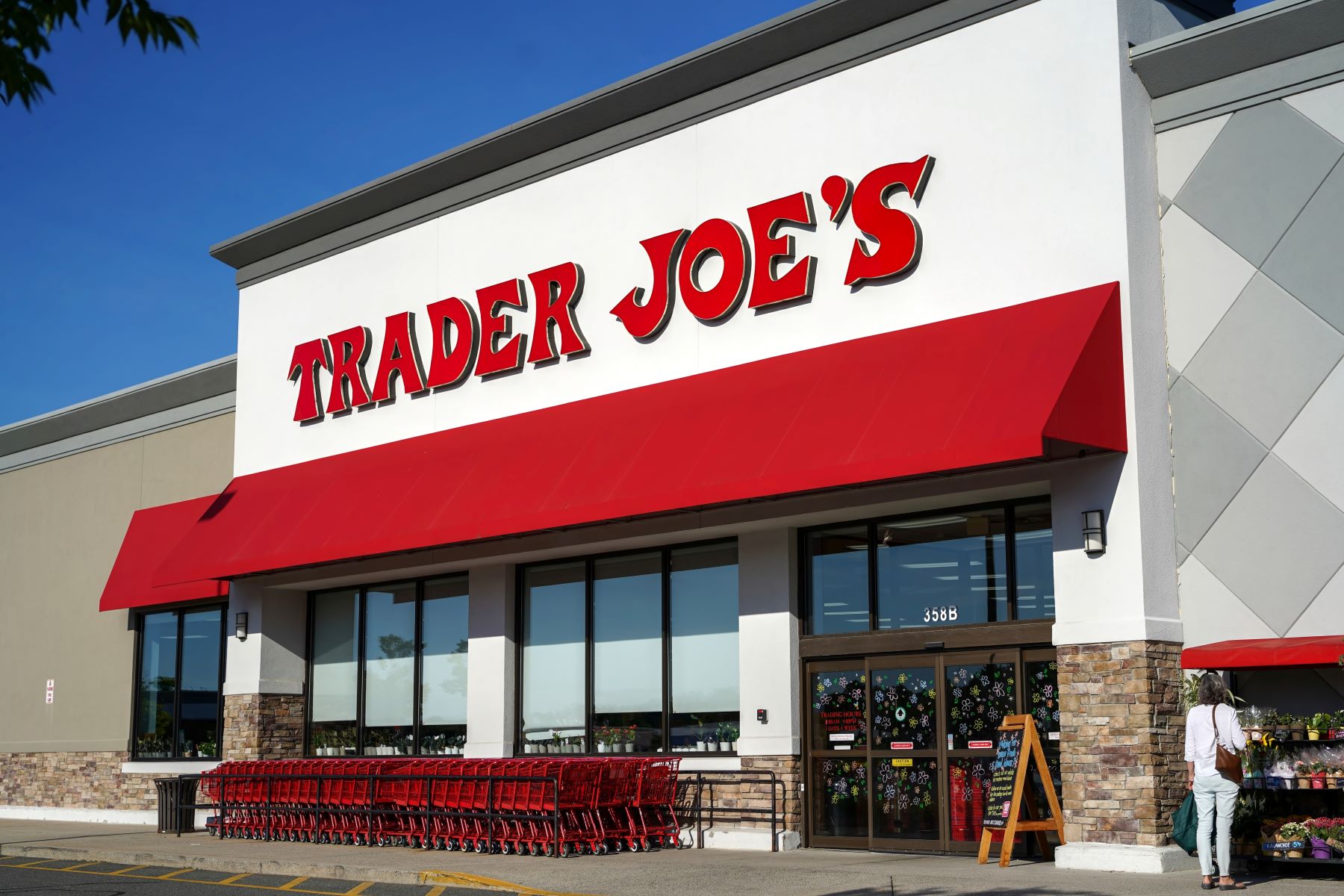
Trader Joe’s
American Apparel
American Apparel was fast on the rise and up until the mid 2010’s was one of the most popular clothing brands in the country. Its tagline of: “Made in USA, Sweasthop free,” was especially appealing to customers. However, by 2015, the company began to unravel. In 2017, it was purchased by Canadian company Gildan Activewear for $88 million, which is why the brand has survived until now.
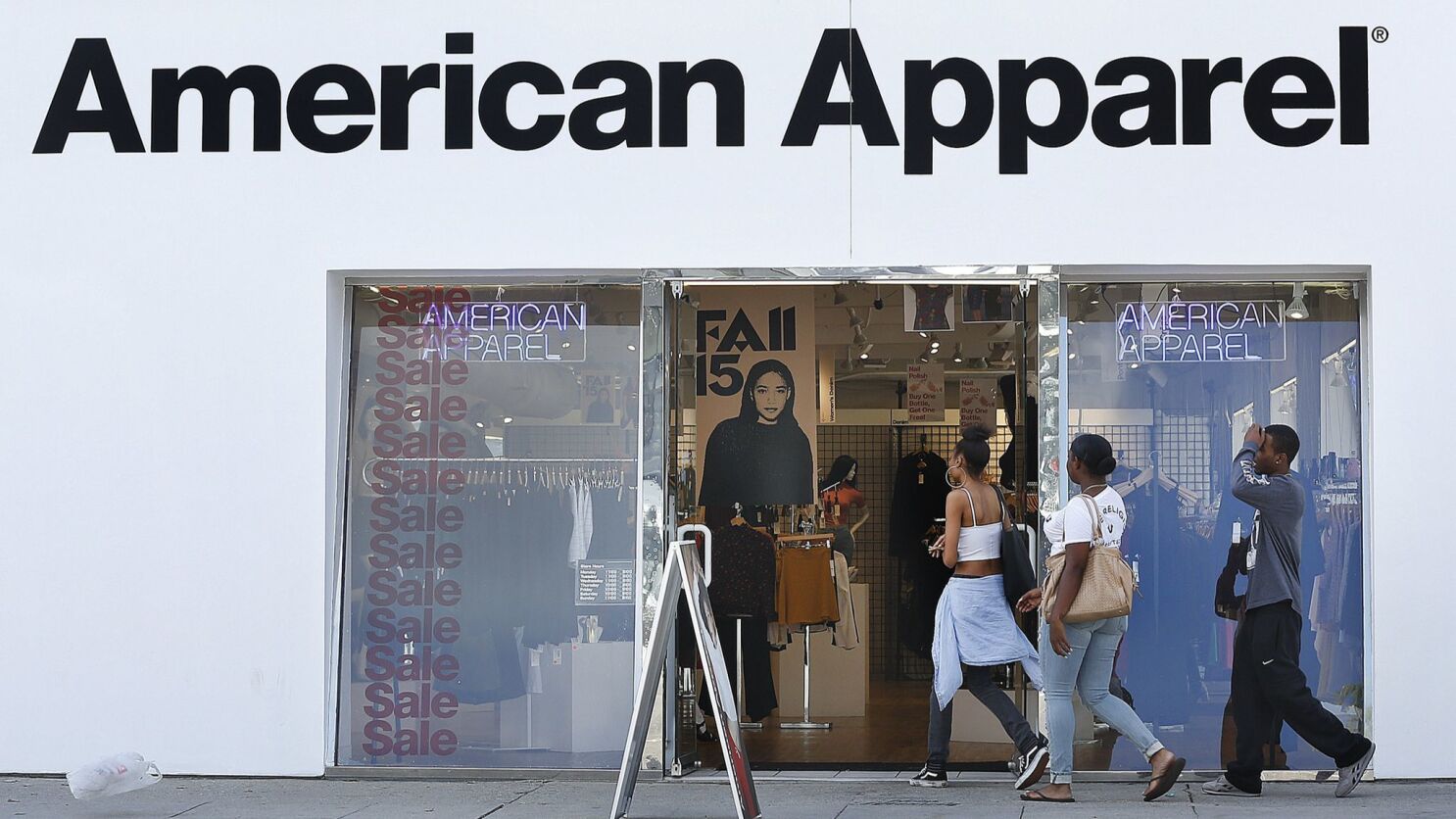
American Apparel
7-Eleven
7-Eleven is one of the most popular convenience stores in the country, and though it was founded in Dallas, Texas, it was purchased by Japanese company Ito-Yokado and its parent company Seven & i Holdings. The company was especially affected by the financial crash in 1987, so the acquisition truly saved this convenience store chain.
Popsicle
Popsicle’s recipe was first created by 11 year old Francis Epperson from Oakland, California. He released it as a product when he was an adult, and it became a huge hit. In 1925, he sold the rights to Popsicle to the Joe Lowe company, which he later regretted, saying: “I haven’t been the same since.” In 1989, Good Humor bought out Popsicle and it joined Good Humor’s parent company Unilever.
Hellmann’s
New York City founded Hellmann’s was started by German-born Richard Hellmann, who first created the recipe in 1905. He sold it at his delicatessen, and there was such a huge demand, he began selling it to customers. In 1932, he sold it to Best Foods, and 70 years later, in the year 2000, it was bought by Unilever for $20.3 billion.
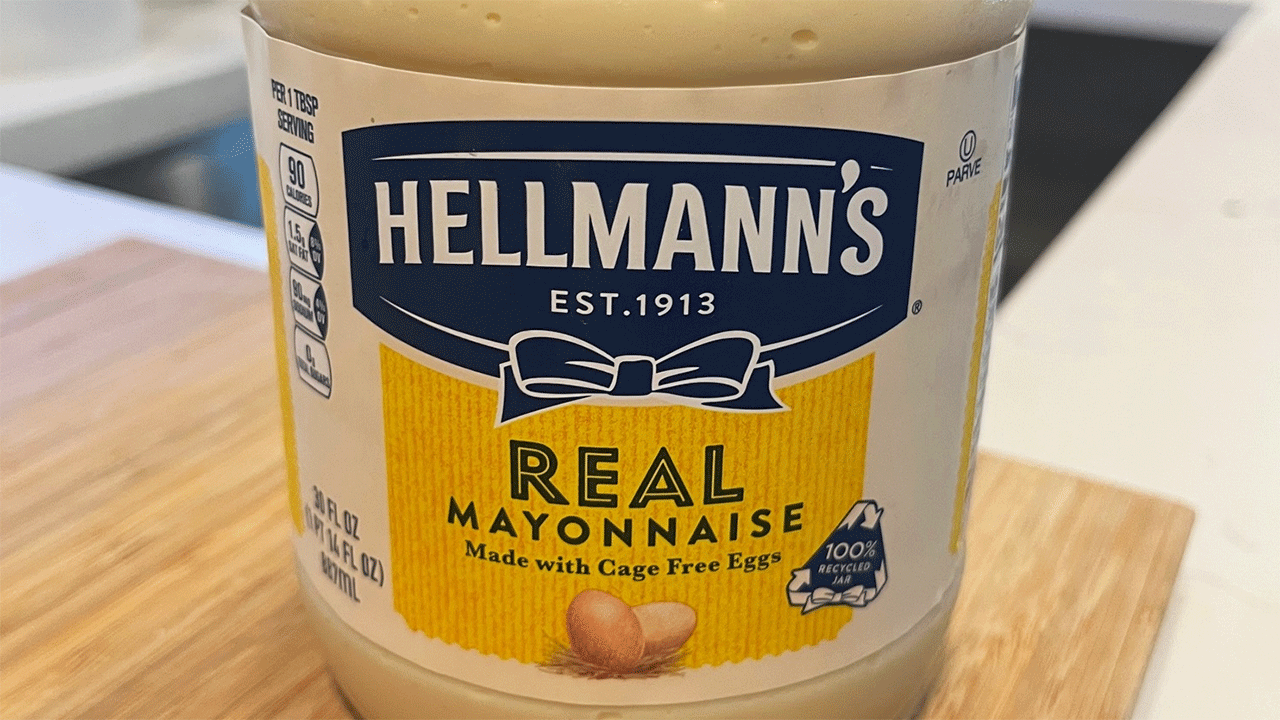
Hellmann’s
Dirt Devil
Dirt Devils have become synonymous with vacuum cleaners since the company has been founded in 1905 by Philip Geier in Cleveland, Ohio. Over 25 million units have been sold since then, which is what made it interesting to Chinese company Techtronic Industries, the current owners of Dirt Devil.
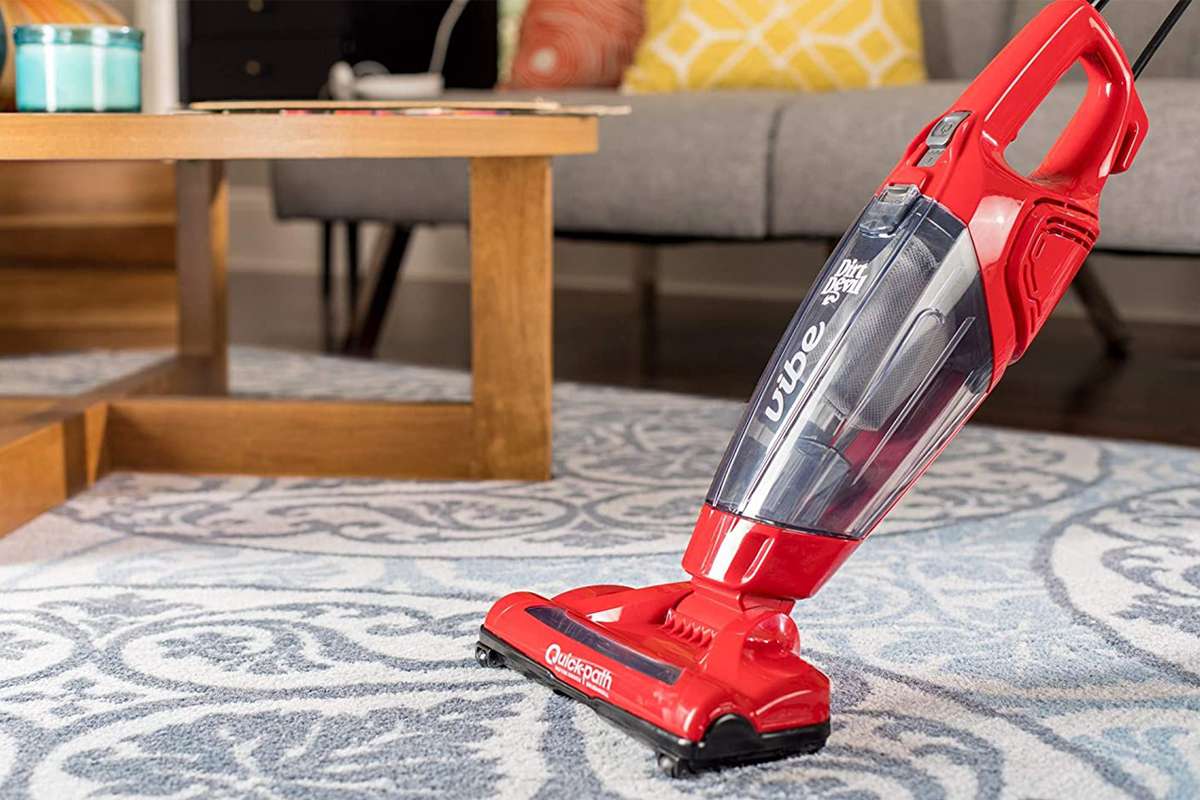
Dirt Devil
Smithfield
Smithfield has been the trusted name when it comes to pork products, especially its sliced ham. It was founded in 1936 by Joseph W. Luter and his son, and their business grew to over 500 farms in the U.S. In 2013, Smithfield was purchased by WH Group, a Hong Kong based company, for $4.72 billion. The company is run from Luohe, Henan province, China but is still headquartered in Smithfield, Virginia.
Ironman
You might have heard of the Ironman competition, which tests people’s strength in the most intense way possible. It began was a part of the Hawaii Triathlon Corporation until it was bought by Dr. James P. Gills in 1990 for $3 million. It was purchased again in 2008 by Providence Equity Securities for $85 million before being bought once again by Chinese Dalian Wanda Group in 2015 for $650 million, debt included.
Forbes
The first issue of Forbes magazine was published in September 1917 and has since become one of the most trusted names in business journalism, with its top lists like 30 Under 30 and Top 100 Innovators being the most coveted lists to be included on for business leaders. The magazine was bought by Hong Kong based Integrated Whale Media Investments for $400 million in 2014, but it is still operating in the United States.
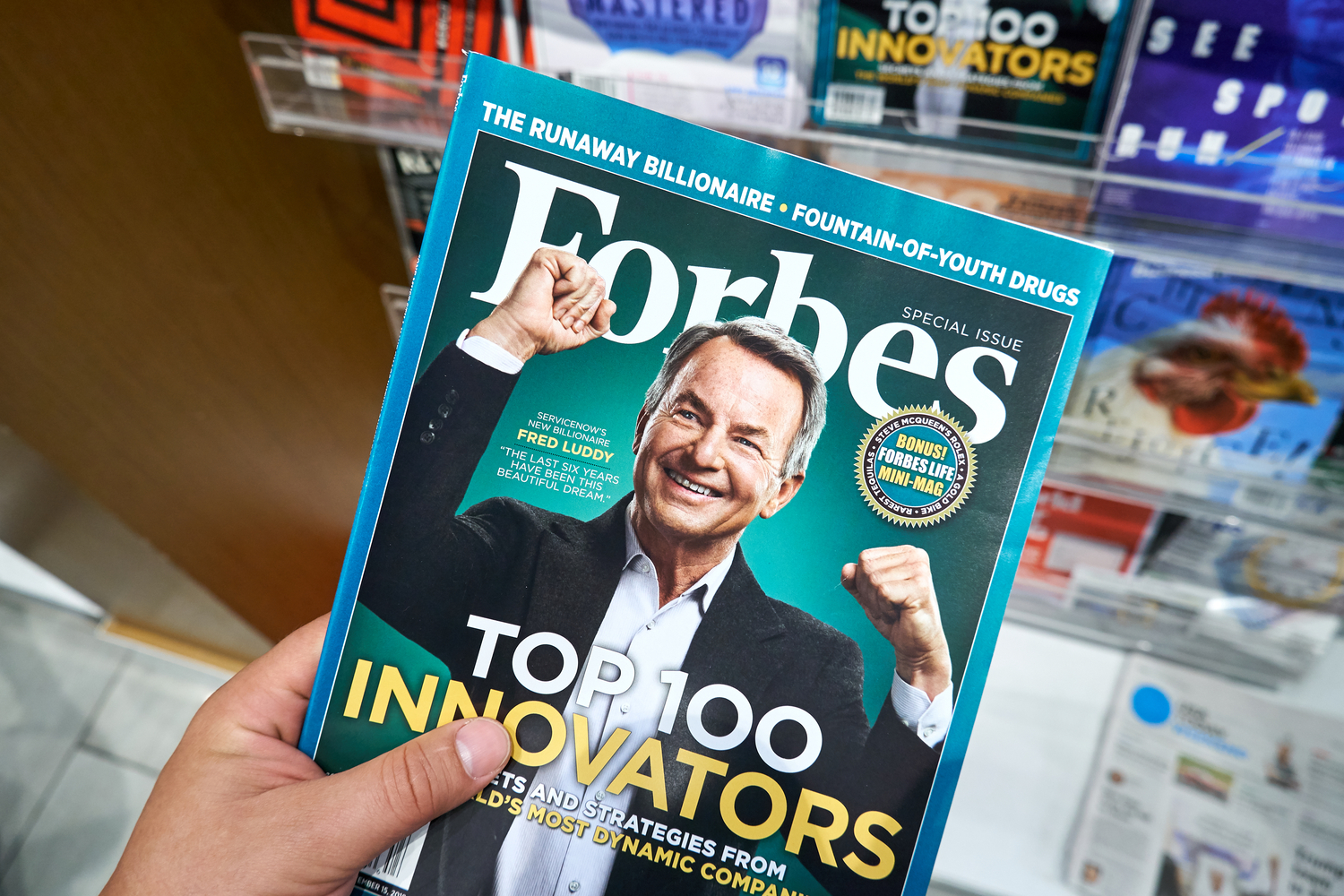
Forbes
General Motors
General Motors is the largest manufacturer in the U.S., but it heavily relies on a partnership with Chinese company Shanghai Automotive Industry Corp in order to keep funding up. This joint venture began in 1998, and many people may not realize that the Chinese company sells products under the GM name. GM is still headquartered in Detroit.
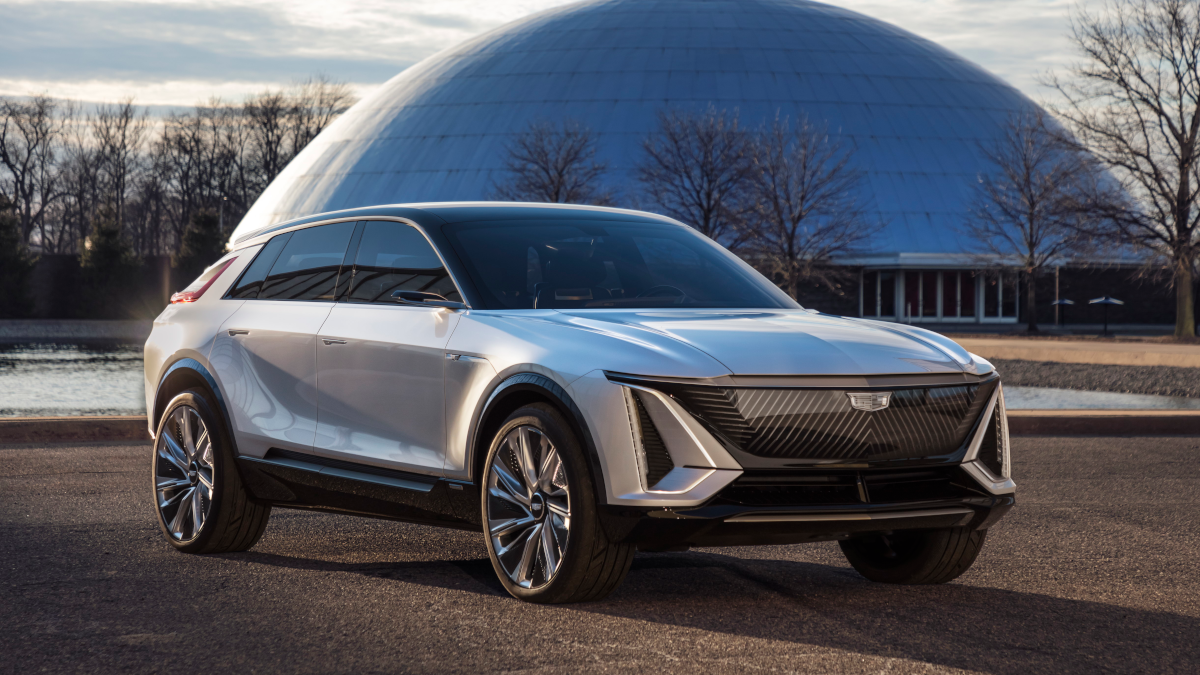
General Motors
General Electric
General Electric was founded in 1892 as a small company, and since then it has grown to become a giant corporation that deals with aviation, power, venture capital, and healthcare. Even though products from GE are labeled as Made in America, the appliance division of the company was bought out by Chinese company Haier in 2016 for $5.4 billion.
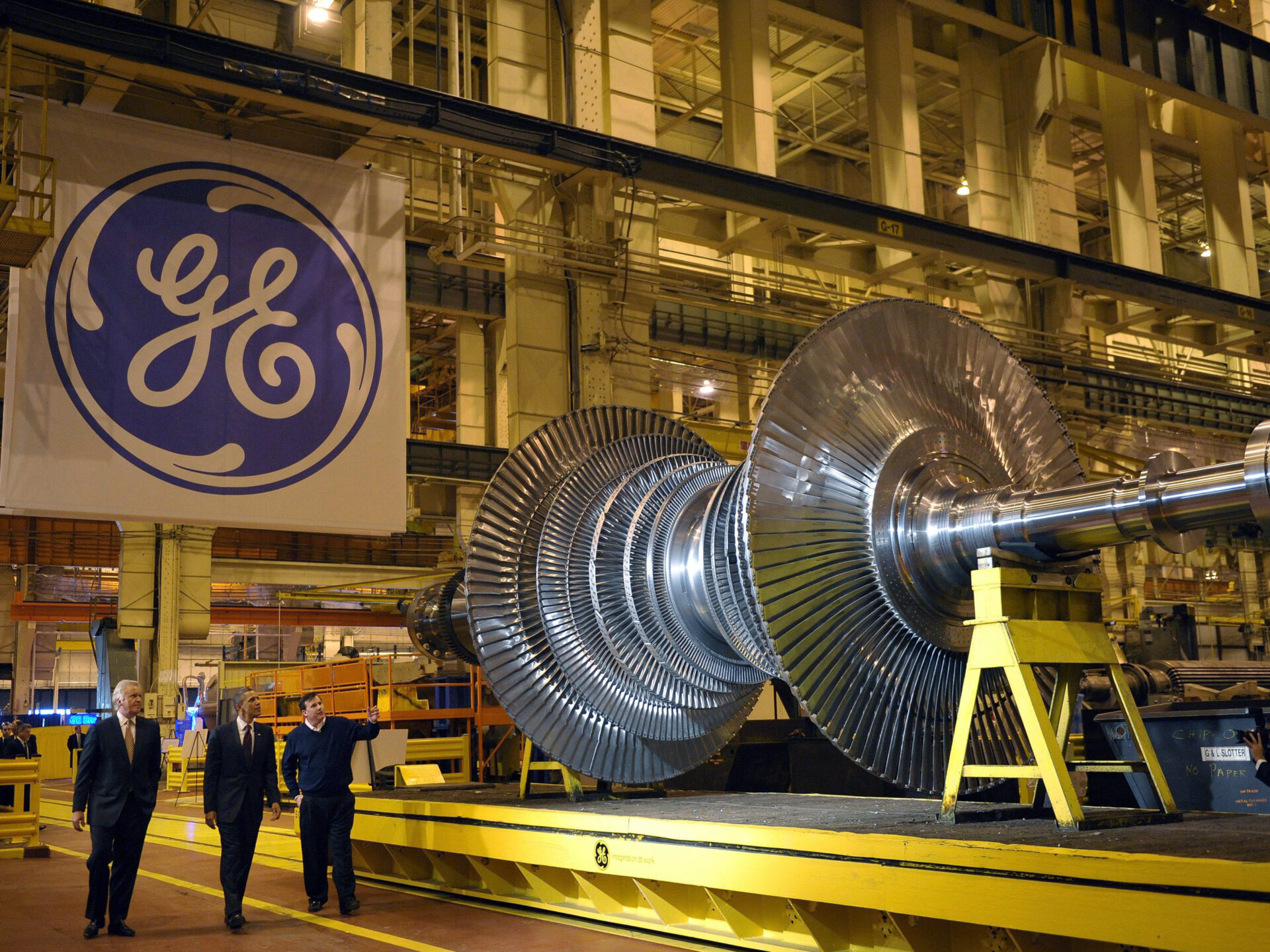
General Electric
Good Humor
Good Humor was founded in Youngstown, Ohio in the 1920’s and it became one of the most popular ice cream brands in America, especially known for its ice cream trucks. In 1961, it was bought out by Thomas J. Lipton of Unilever, meaning the American ice cream company is now a British one.
Holiday Inn
The Holiday Inn was founded as a single motel in 1952 in between Memphis and Nashville, Tennessee, by Kemmons Wilson. By 1953, Wilson partnered up with Wallace E. Johnson to expand. In the 1980’s, the company expanded to become a large chain and was bought by English company International Hotels Group. The company still owns Holiday Inn to this day.
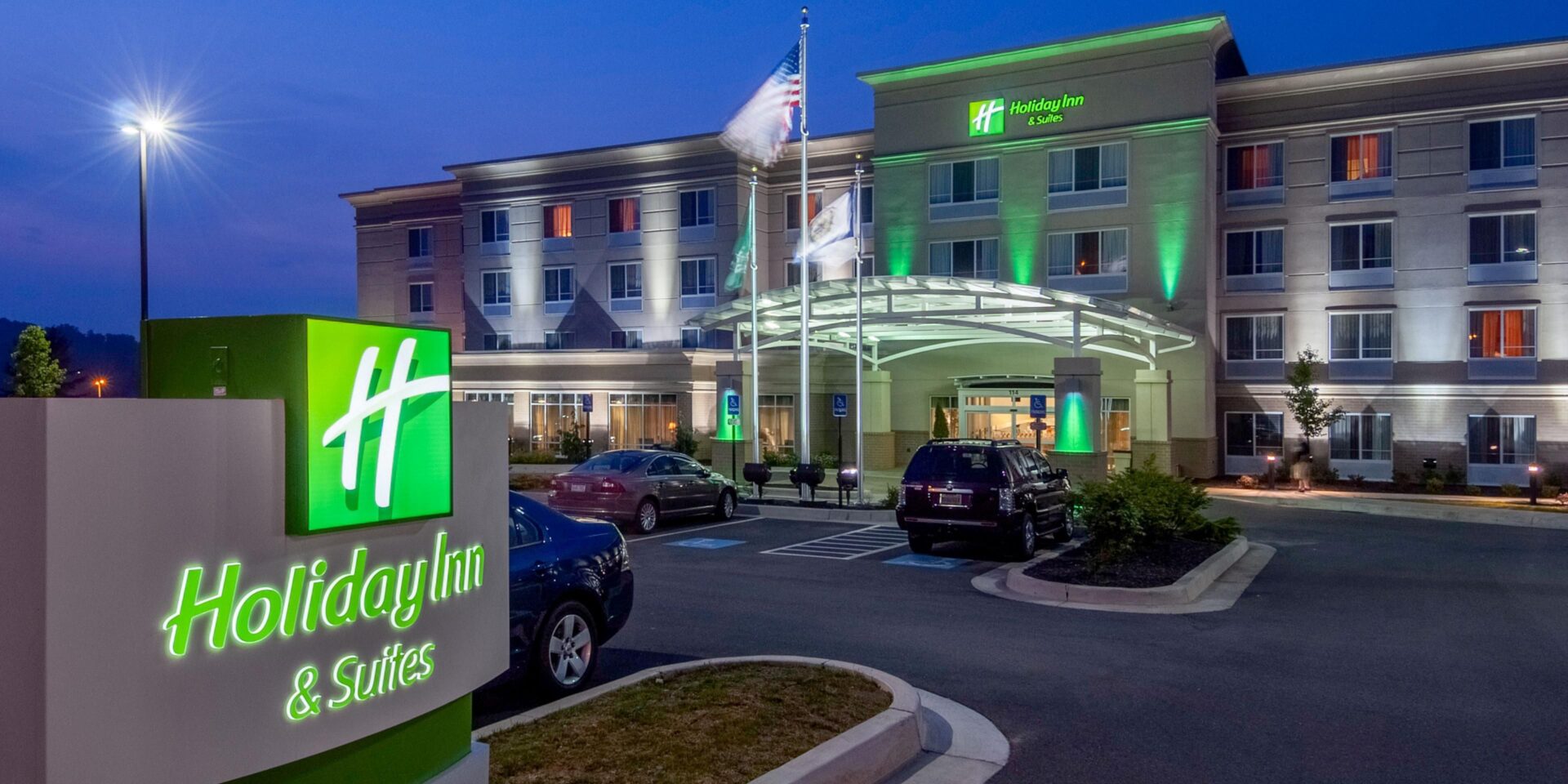
Holiday Inn
Purina
Ralston Purina was originally founded in St. Louis, Missouri by William H. Danforth, George Robinson, and William Andrews in 1902, who had no idea just how successful their company would become. In 2001, Swiss company Nestle bought Ralston Purina for $103. billion, and it was renamed to Nestle Purina Petcare
Firestone
Firestone tire company was given the chance to merge with Italian company Pirelli in 1988, but that didn’t come to fruition. Later, Firestone was sold to Bridgestone Corp., which is a Tokyo based company, for $2.6 million. In a statement in the Los Angeles Times, Firestone shared: “The Bridgestone offer achieves our objective of enhancing shareholder values and will add materially to the employment security and career opportunities available to the men and women employed by Firestone’s existing businesses.”
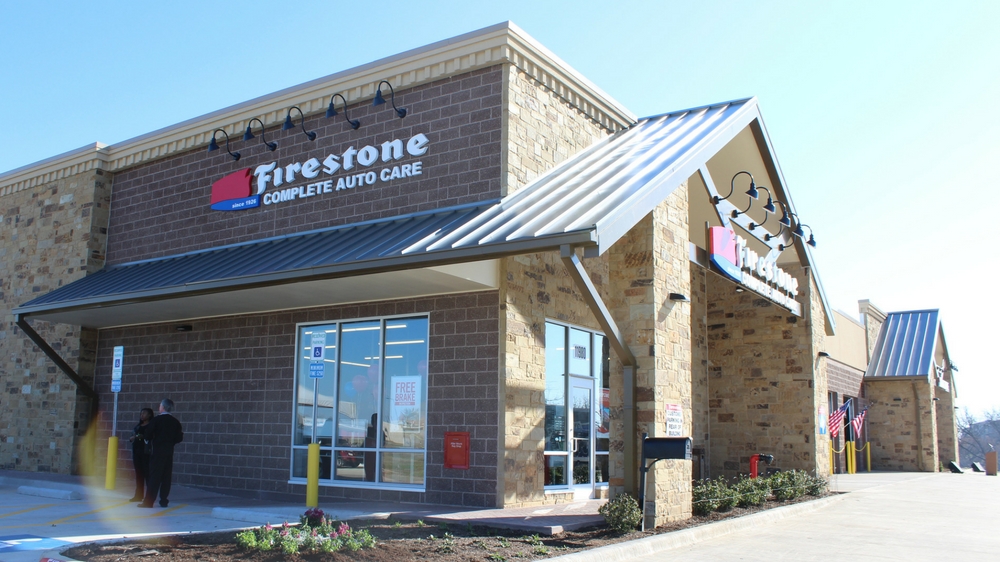
Firestone
Gerber
In 1927, Gerber was founded by Daniel Frank Gerber’s wife began making baby food for their daughter and he decided to sell it. By 2007, Nestle announced that it was buying Gerber Products Company for $5.5 billion, which was a smart move for Nestle, as the baby food market is known to be very profitable.
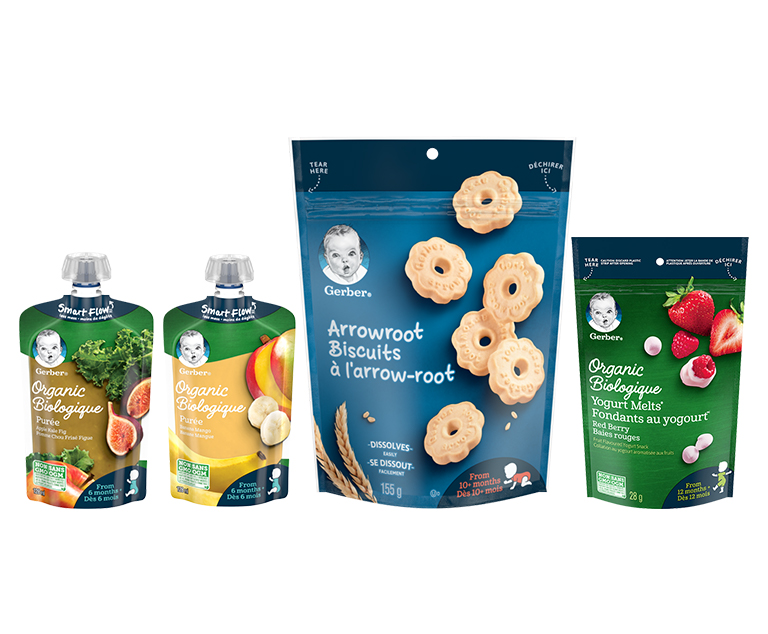
Gerber
Citgo
Founded in 1910 in Bartlesville, Oklahoma, Citgo became a successful fuel refiner and marketer. In 1986, Petróleos de Venezuela acquired 50% of the company and it became its parent company. In 2010, President Hugo Chvez announced plans to sell Citgo, as he called it “bad business.” However, this never went through, and by 2013, the country fell to such bad economic times that Venezuela offered Citgo to Russia as debt collateral, meaning it has a very uncertain future.
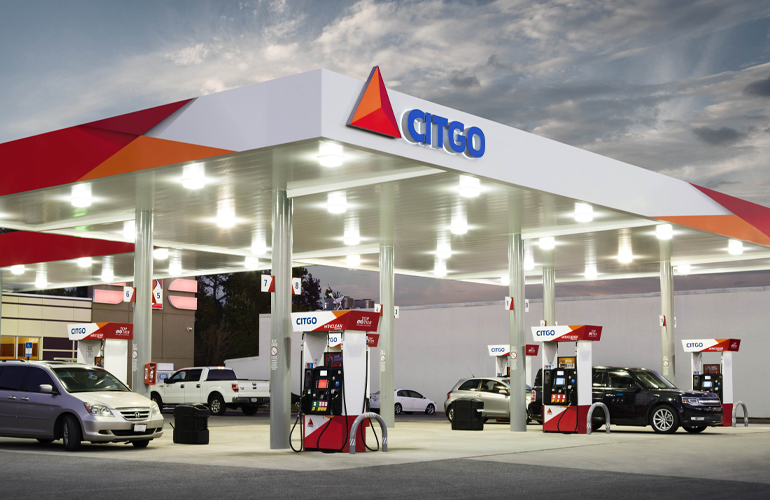
Citgo
The Waldorf Astoria Hotel
The Waldorf Astoria Hotel is pretty much a symbol of New York City and has been since it opened in 1931. You might be surprised to hear that it was purchased by Anbang Insurance Group of China for $.195 billion in 2014. However, it is still managed by Hilton Worldwide.
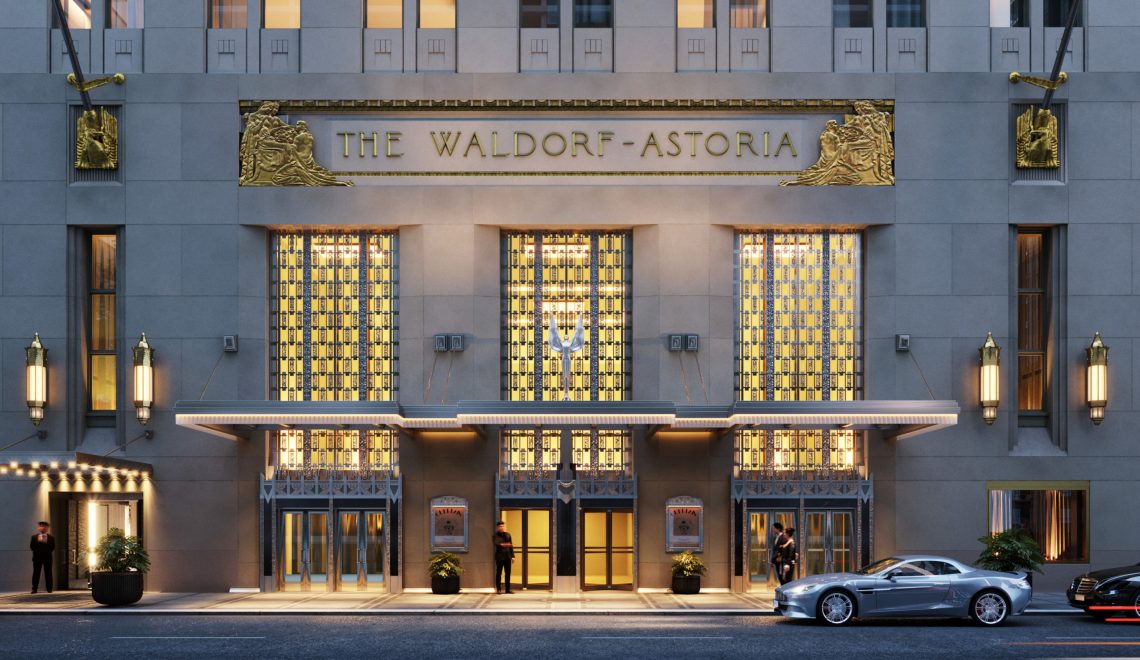
The Waldorf Astoria Hotel
Motorola
Motorola was first founded in 1928 in Schaumburg, Illinois and slowly grew to become a very successful tech company. In 2009, following a loss of $4.3 billion, it was divided into two divisions: Motorola Mobility and Motorola Solutions. In 2014, Motorola Mobility was purchased by Chinese tech company Lenovo.
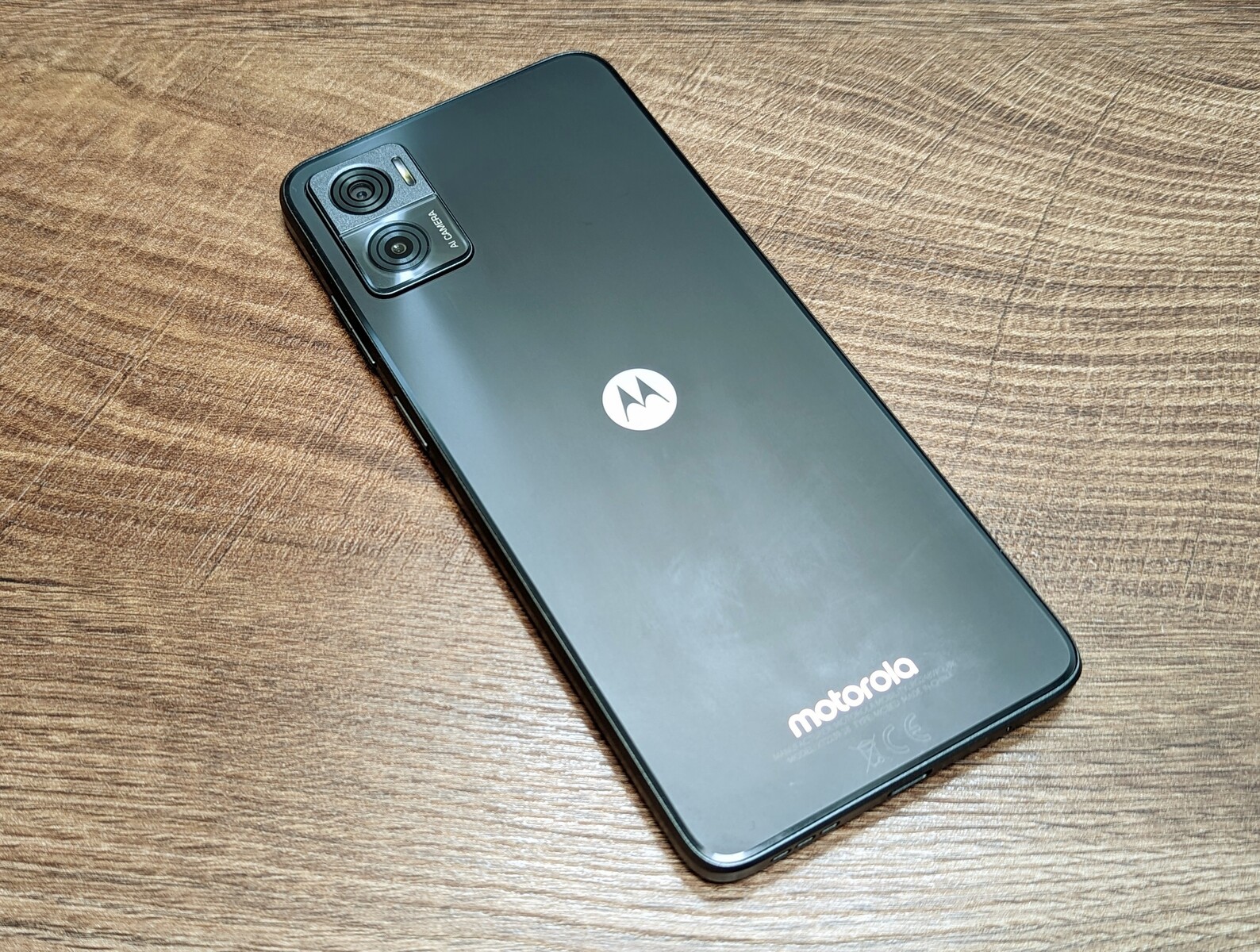
Motorola
IBM (PC Division)
IBM was founded in 1911 as Computing-Tabulating-Recording Copmany in Armonk, New York by Herman Hollerith, Charles Ranlett Flint, and Thomas J. Watson, Sr. It was later renamed to IBM and is responsible for many of the technologies we rely on today like ATMs, magnetic stripe cards, the SQL programming language, and more. In 2005, the company sold its personal computer (PC) division to Chinese company Lenovo Group.
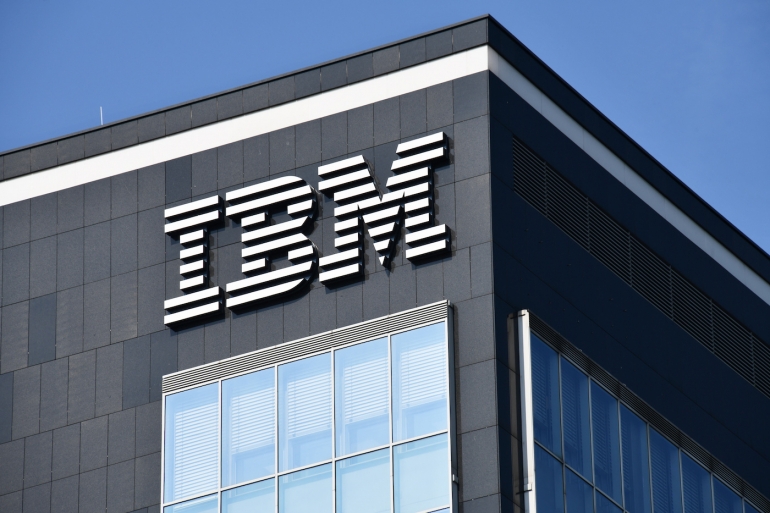
IBM (PC Division)
Legendary Entertainment Group
Founded in Burbank, California, Legendary Entertainment Group was purchase by Chinese investment group Dalian Wanda Group for $3.5 billion in 2016, following the group’s acquisition of AMC as well. Since Dalia Wanda took over, films like Kong: Skull Island, Pacific Rim: Uprising, Jurassic World: Fallen Kingdom, and Skyscraper have all been released.
Hoover US
Found in 1908 in Ohio by William Henry Hoover, his namesake company Hoover has been a trusted name in vacuum cleaners for years. However, in 2006, the company was sold to Chinese company Techtronic Industries for $107 million. There is still a headquarters in North Carolina, but the parent company is run in Hong Kong.

Hoover US
Frigidaire
Frigidaire, originally called the Guardian Frigerator Company, was founded in Fort Wayne, Indiana in 1918. Soon, William C. Durant, General Motor’s founder, made an investment to stabalize the company, which later became Frigidaire. In 1979, it was owned by White Sewing Machine Company and later was sold to Swedish company Electrolux in 1986.
Strategic Hotels and Resorts
Strategic Hotels and Resorts Inc. is a hotel chain that owns 17 luxury hotels around the United States as well as one in Germany. It was founded by real estate investor and philanthropist Laurence S. Geller in 1997. By 2016, the company was sold to Chinese company Anbang Insurance Group for $6.4 billion.
Alka-Seltzer
Alka-Seltzer is one of the best known remedies available over the counter to this day. It was first released in Elkhart, Indiana in 1931 by the Dr. Miles Medicine Company. In 1978, the company was sold to Germany company Bayer, which is a pharmaceutical conglomerate.
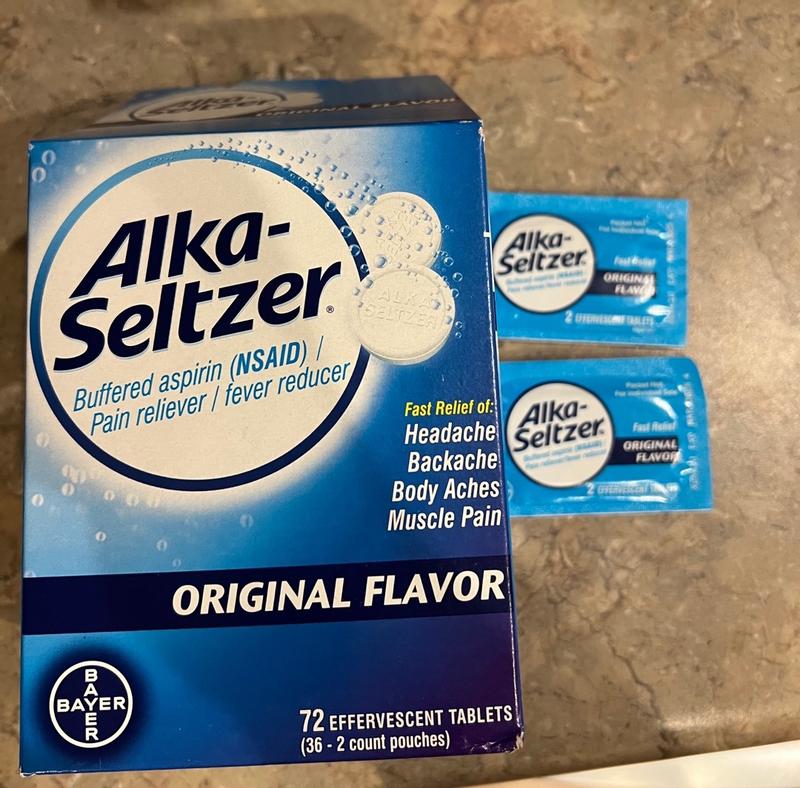
Alka Seltzer
The Chrysler Building
The Chrysler Building is an iconic part of the New York City skyline, so when The Wall Street Journal announced that it was sold, many were absolutely shocked, especially since a non-American company bought it. In 2008, the Abu Dhabi Investment Council bought majority ownership for $800 million but later sold it to Austrian company SIGNA and New York company RFR for a bit over $150 million, making it a historic financial loss.
Spotify
Spotify has become an integral part of many of our lives, so it’s hard to believe it was founded in 2006, which is relatively recently. The Swedish-founded company bought 10% of Chinese Tencent Holdings in 2017, while Tencent bought 10% in Spotify. This helped bring the streaming giant to China.

Spotify
Tesla
While Elon Musk is the founder and majority shareholder of Tesla, with 21.7%, there are a lot of other investors in the electric car company. One of its major investors is Tencent Holdings Ltd., which was previously mentioned in owning a share of Spotify. The Chinese company is doing very well, with a $95.8 billion net income in 2019.
Snapchat
Snapchat was founded in 2011 by Evan Spiegel and Bobby Murphy, and it became one of the biggest social media platforms in the world. In 2017, Tencent decided to invest in Snapchat, giving the company $2 billion for a 10% stake. Tencent has helped introduced augmented reality into Snap.
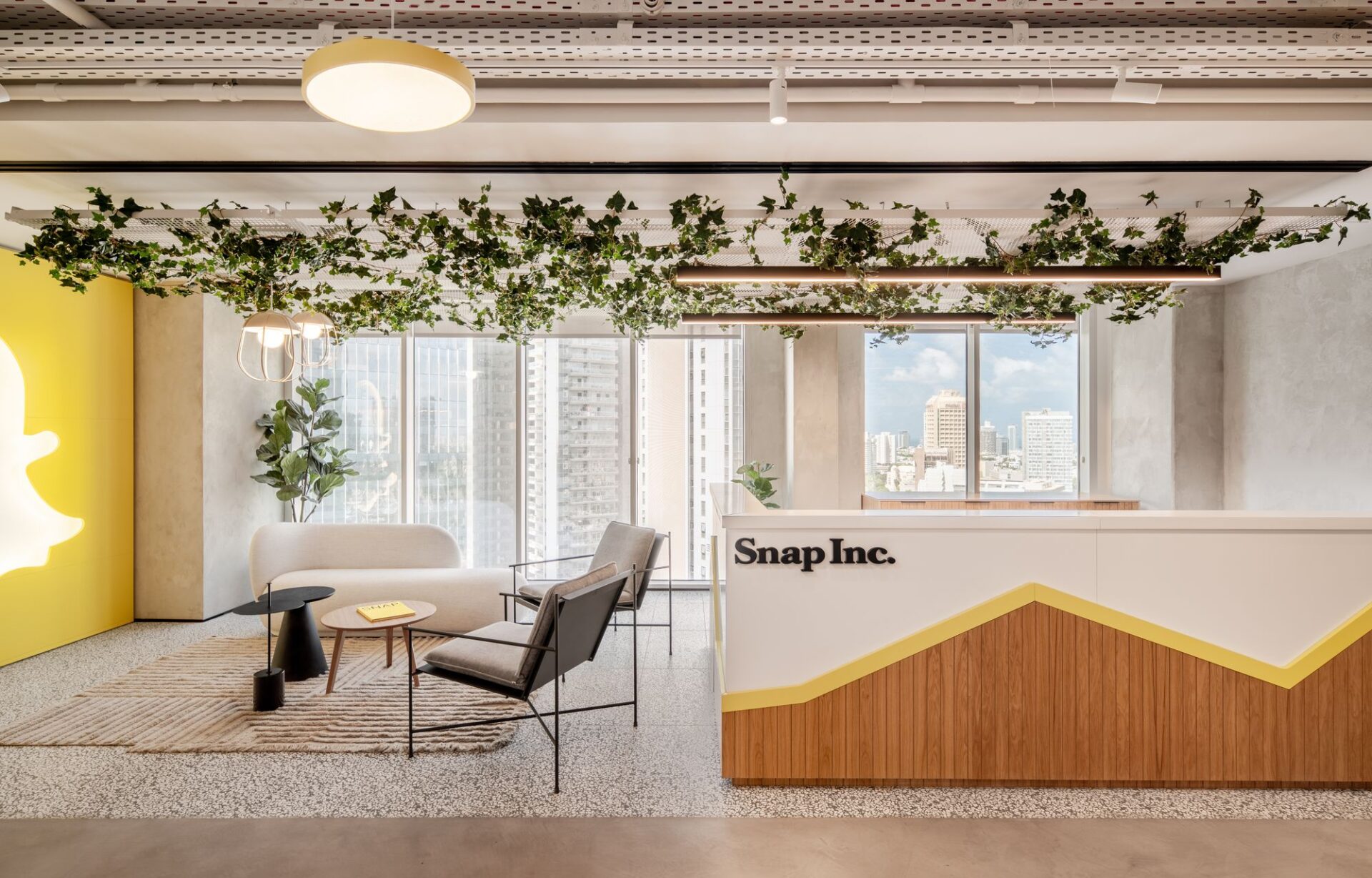
Snapchat
Ingram Micro
Founded in 1979, Ingram Micro was a small tech product distributor that grew into a multi-billion dollar company. In the 1990s, the company took over Belgian company Softinvest, and thanks to that, they were able to distribute Hewlett Packard products. In 2016, Chinese company Tianjin Tianhai Investment, part of the HNA Group, paid $6 billion for the company.
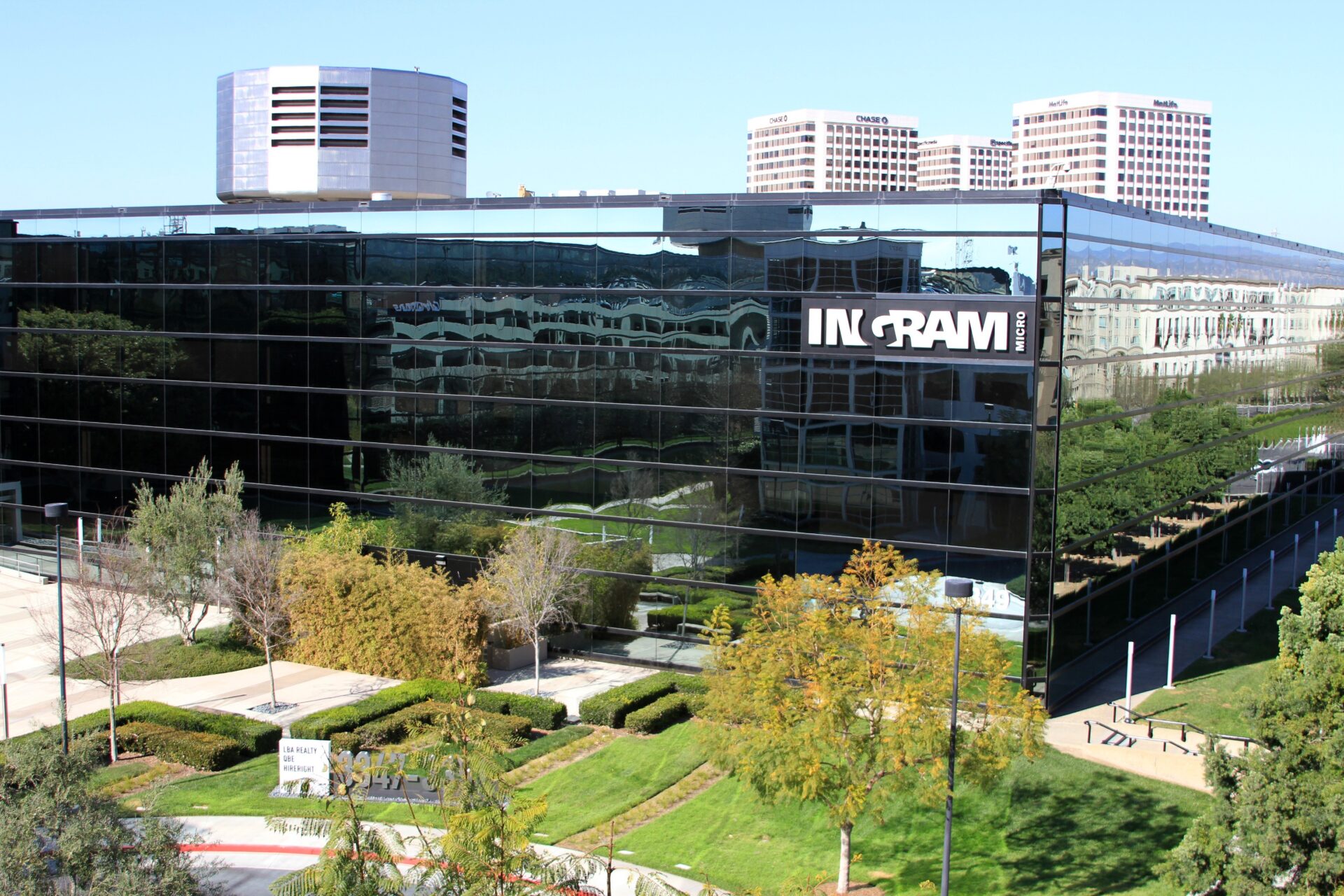
Ingram Micro
Fidelity & Guaranty Life
Founded in Des Moines, Iowa, Fidelity & Guaranty Life Insurance Company was owned by Harbinger Group until 2013, when Chinese Anbang Insurance Group expressed interest in buying the company for $1.57 billion. However, the deal fell through in the last minute, and the company was purchased by CF Corp, later called FGL Holdings, whose parent organization is Fidelity National Financial.
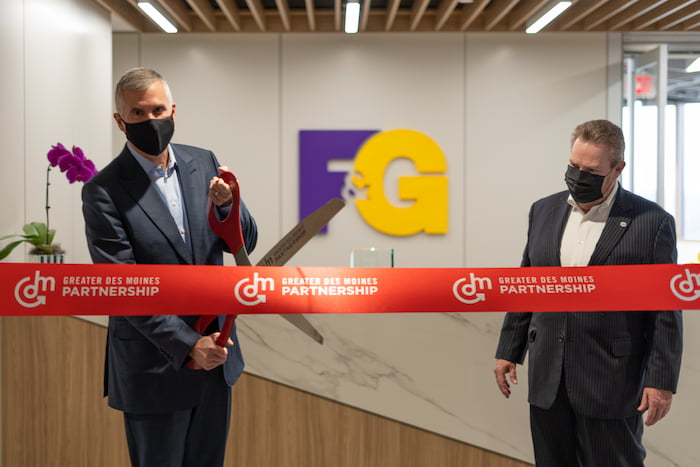
Fidelity & Guaranty Life
Universal Music Group
Universal Music Group is one of the “big three” record companies, along with Sony Music and Warner Music Group, and is known for producing some of the most popular and successful artists of all time. The majority stake of the company was actually owned by French company Vivendi for years until Tencent paid $33.4 billion for a 10% stake.
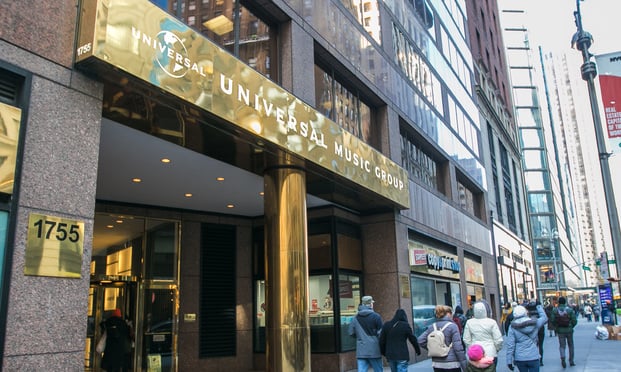
Universal Music Group
WeWork
WeWork seemed to be on track to revolutionize the shared workspace niche, up until its failed IPO drew focus to many internal issues. However, in 2016 Chinese company Legend Holdings Corp invested $430 million in order to revitalize the company, which currently manages 4 million square meters of co-working office spaces.
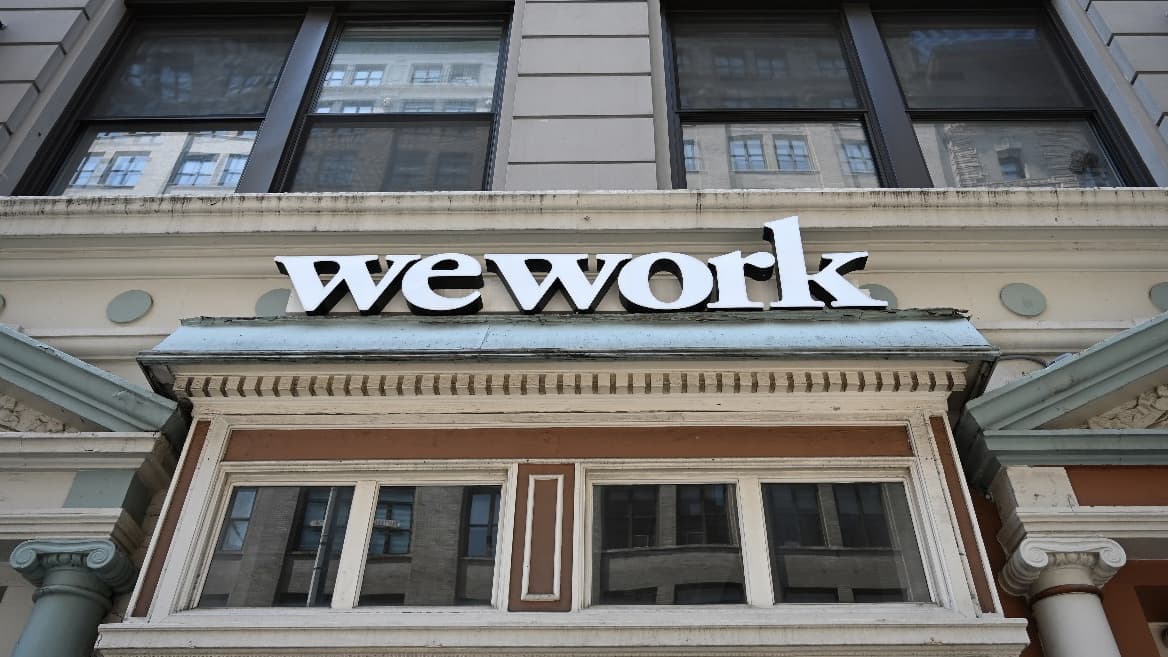
WeWork
Segway Inc
Segway became a hugely popular transportation option, and in 2015, Chinese company Ninebot purchased Segway for $80 million. Ninebot was able to shift the company’s direction into the robotics and tech sector. In 2018, it was announced that the company would be moving from New Hampshire to China, but the majority of production would remain in Bedford.
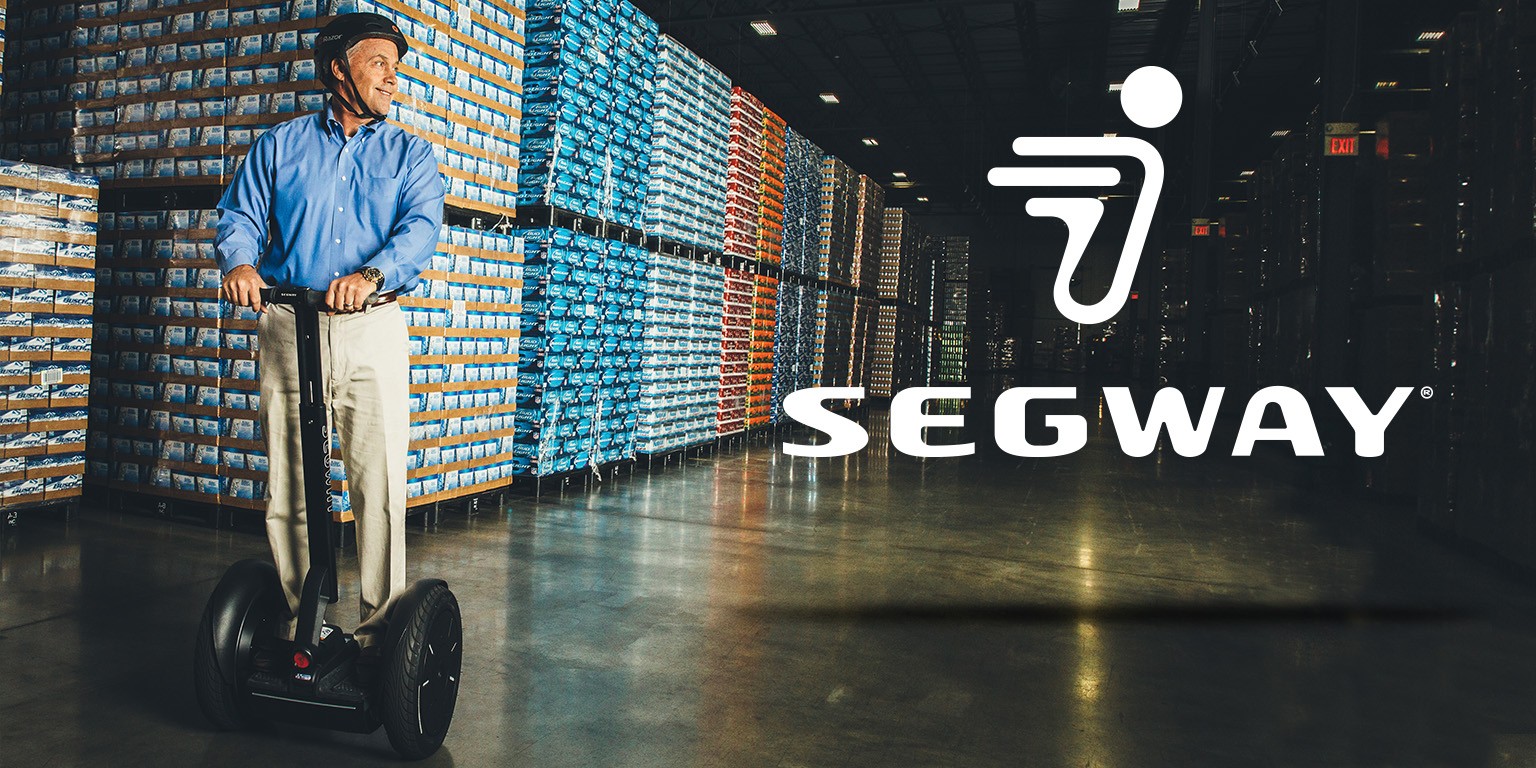
Segway Inc
John Hancock Life Insurance
While the John Hancock Financial Opportunities Fund has many different branches, its most popular is life insurance. The company was founded in Boston in 1862, but was bought by Canadian company Manulife in 2004. Despite the acquisition, Manulife kept the company’s name, but moved operations to Toronto.
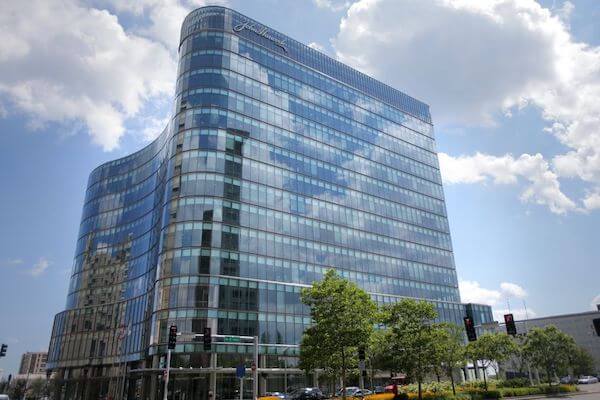
John Hancock Life Insurance
Sotheby’s
Sotheby’s is an iconic luxury broker of fine art and decor, so what does it have to do with an insurance company? First of all, Sotheby’s was founded in 1744 in London before moving to New York City and opened locations around the world. In 2016, Chinese life insurance company Taikan Life became Sothby’s majority shareholder until 2019, when it was bought out by French-Israeli billionaire Patrick Drahi at a 61% premium.
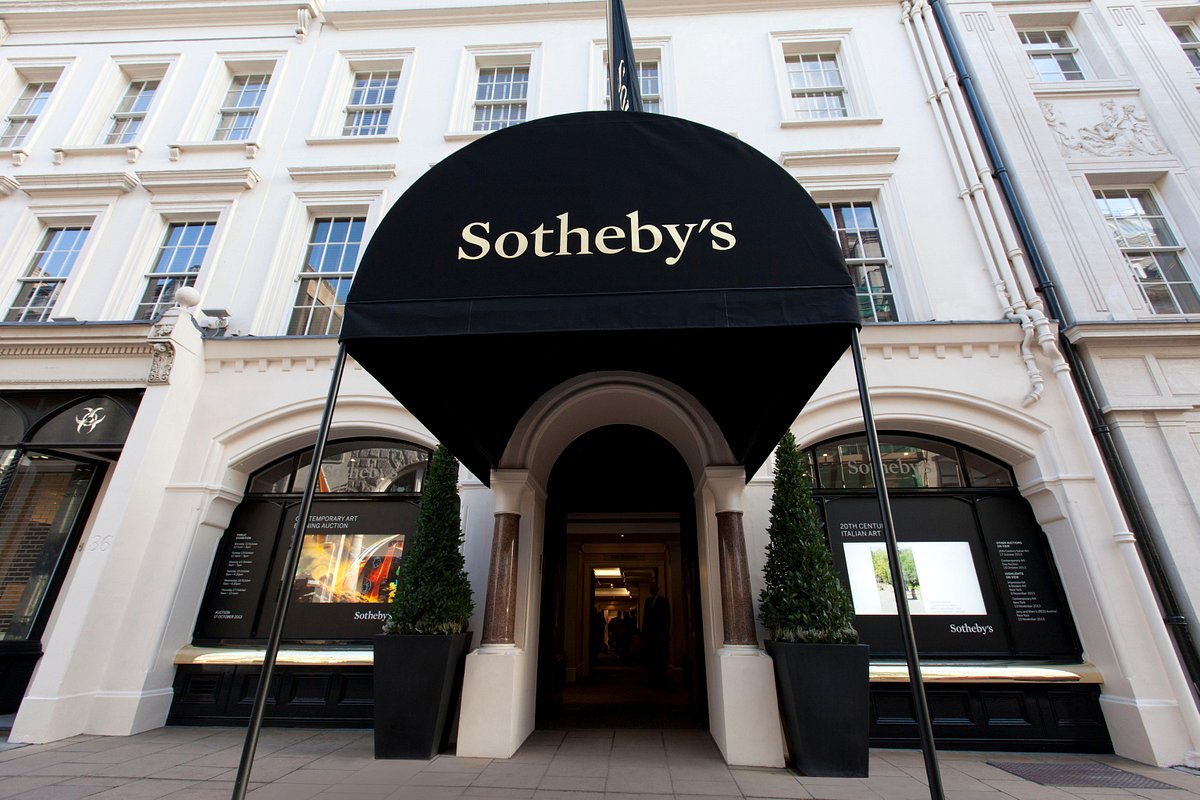
Sotheby’s
OmniVision Technologies Inc
OmniVision Technologies Inc first became involved with China-based investors back in 2015, when the California-based company was given a $1.9 billion investment. In 2018, Will Semiconductor Co. Ltd., based in Shanghai, purchased the company for $2.1 billion.
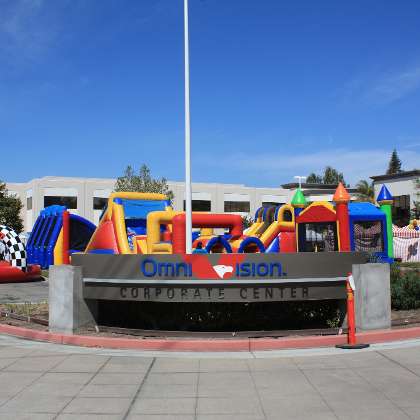
OmniVision Technologies Inc



